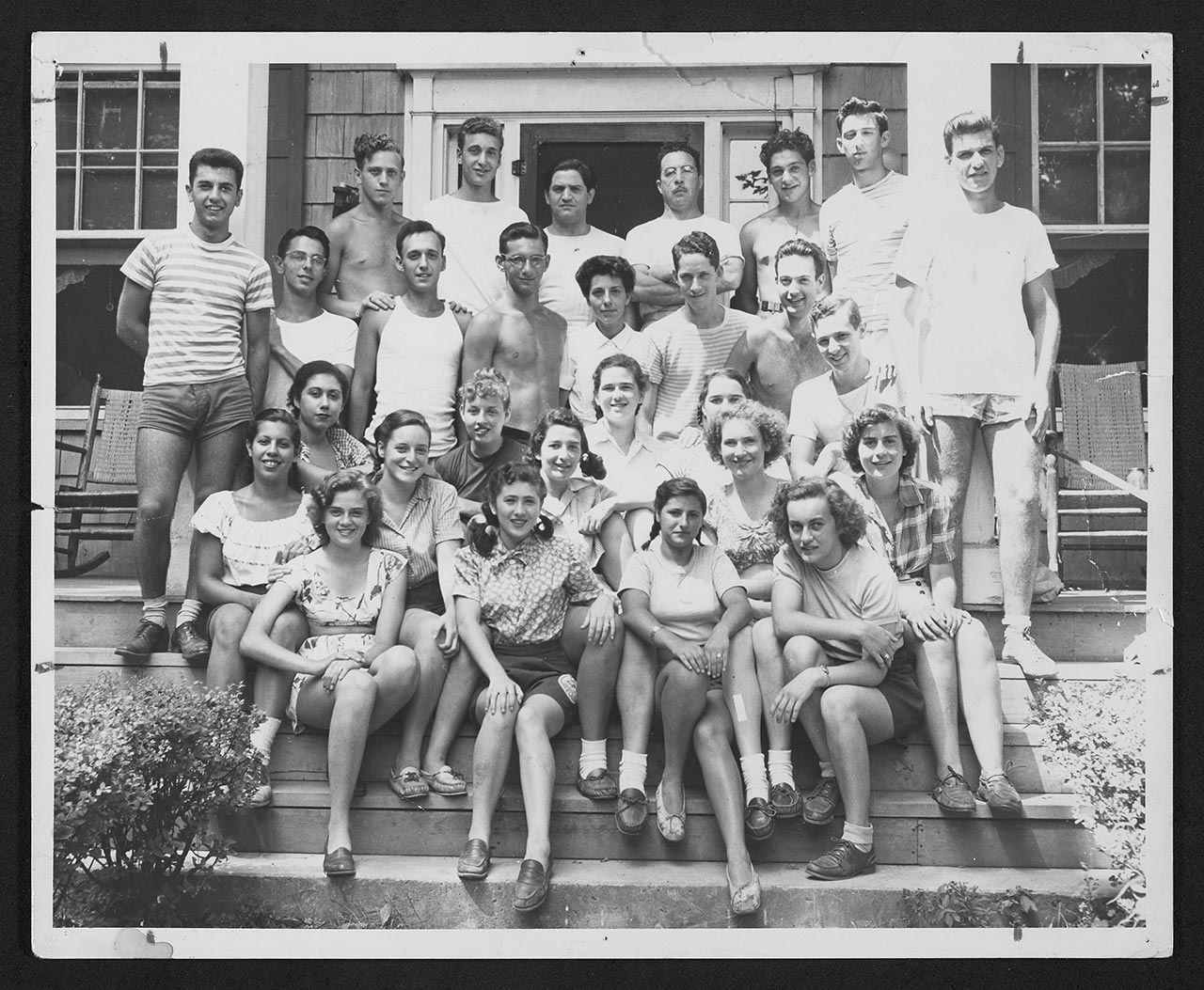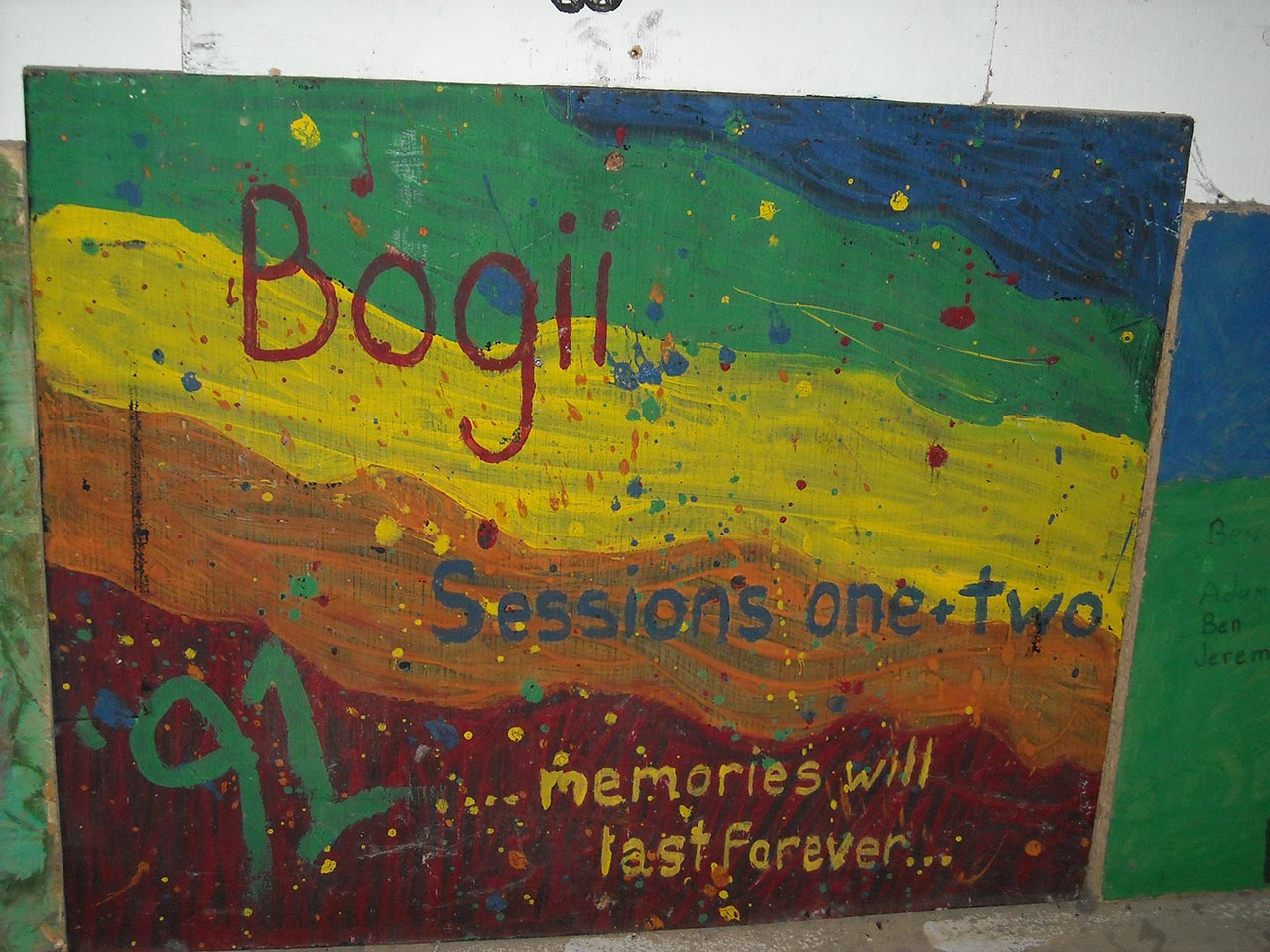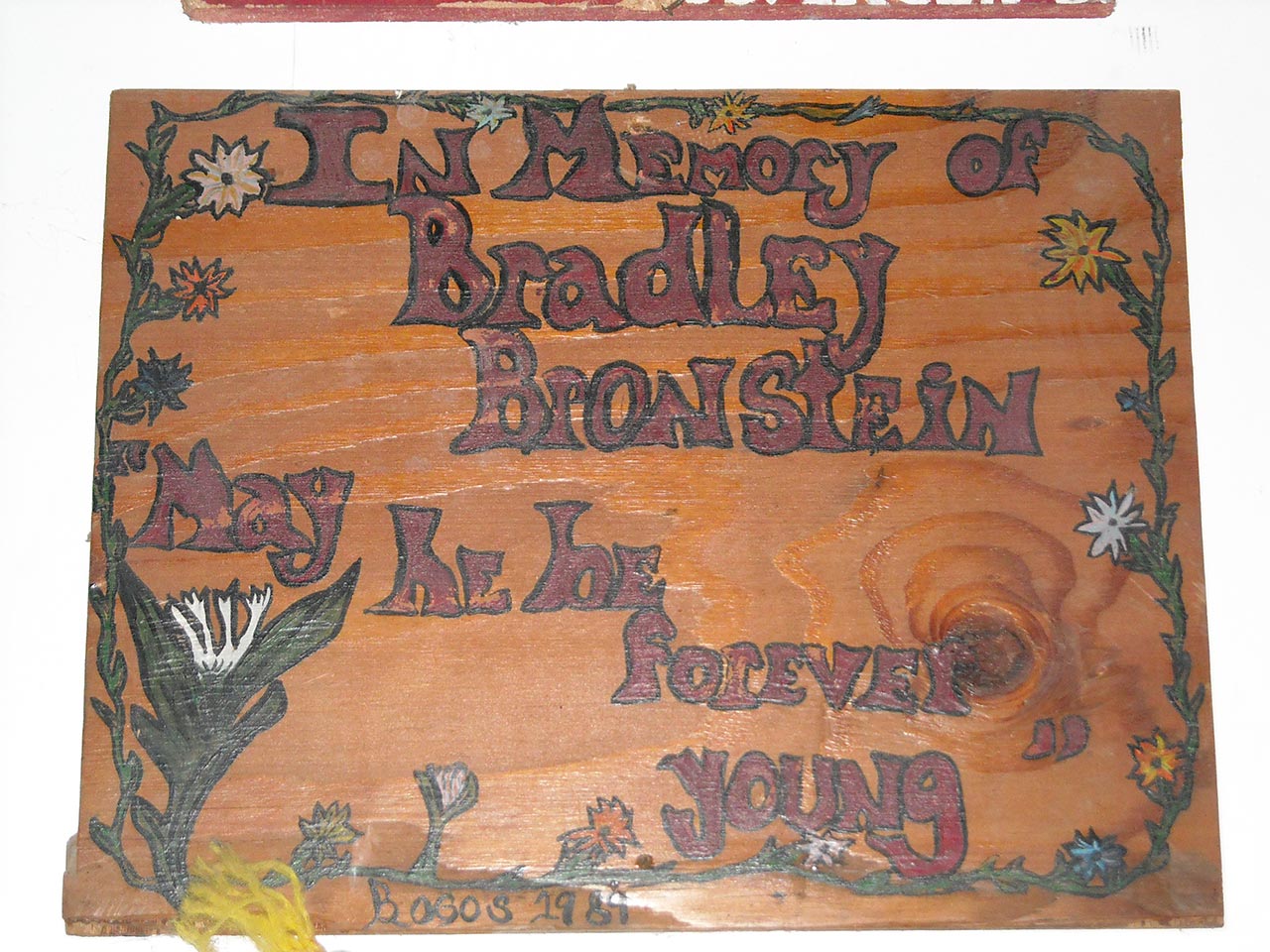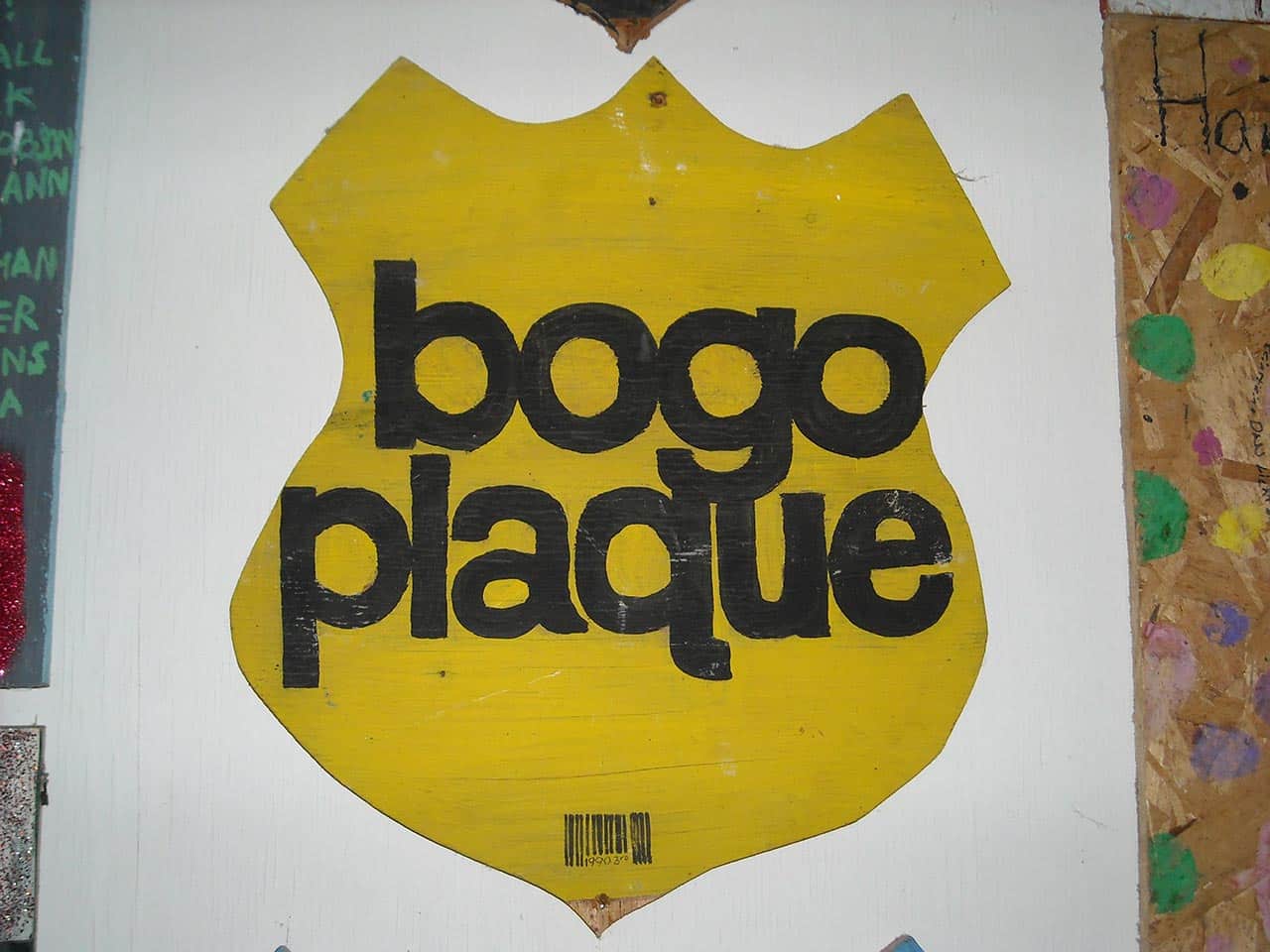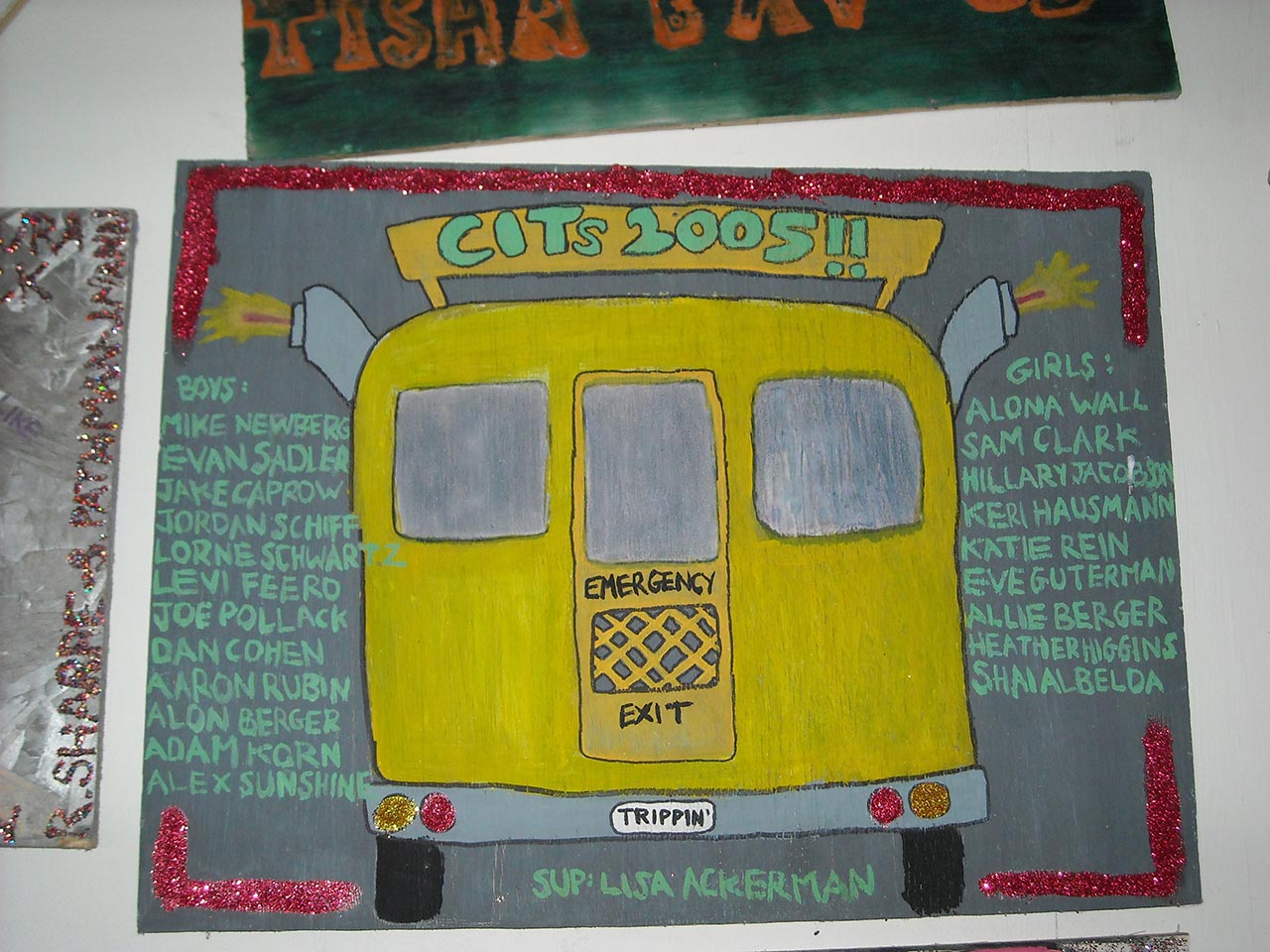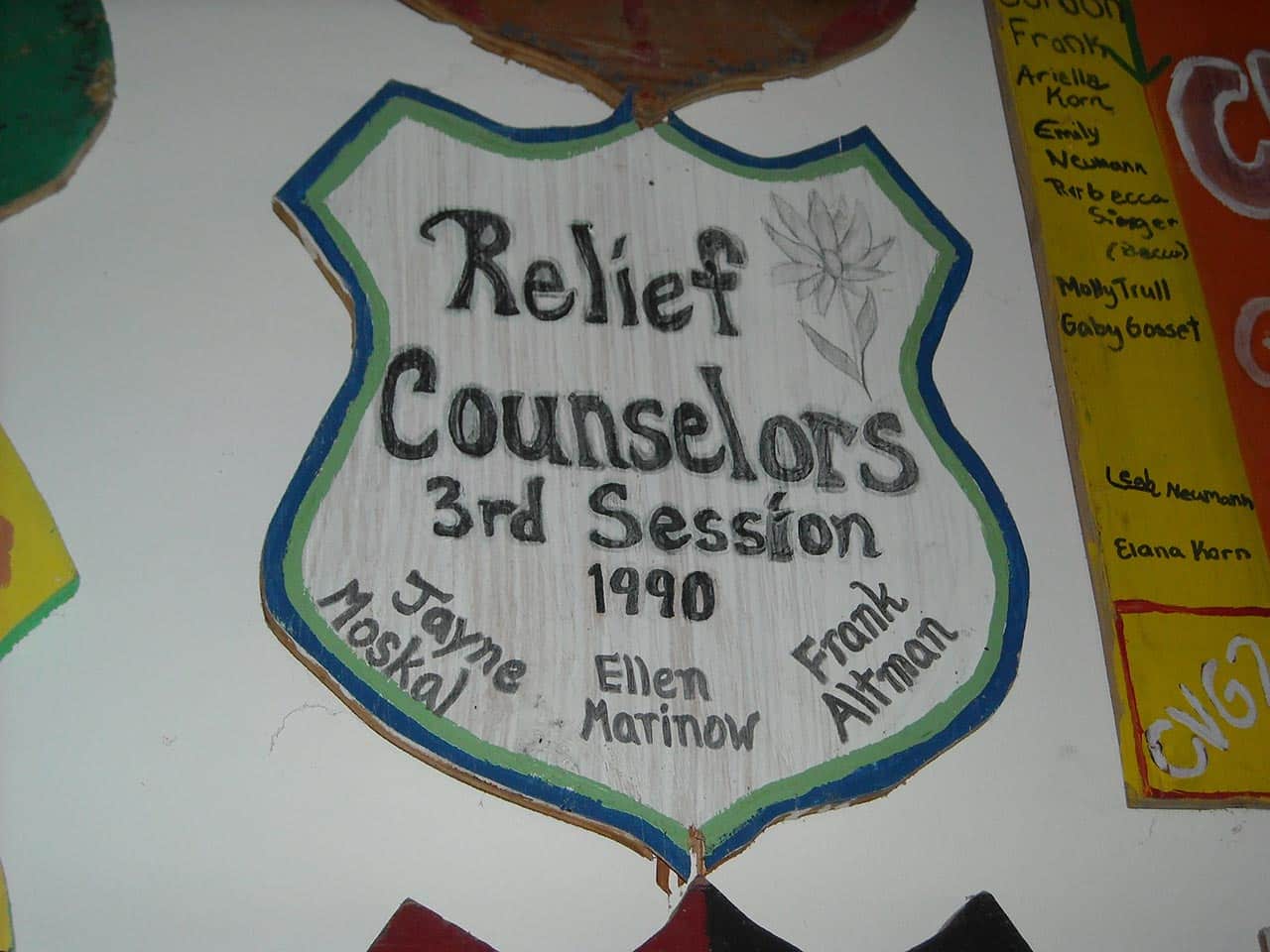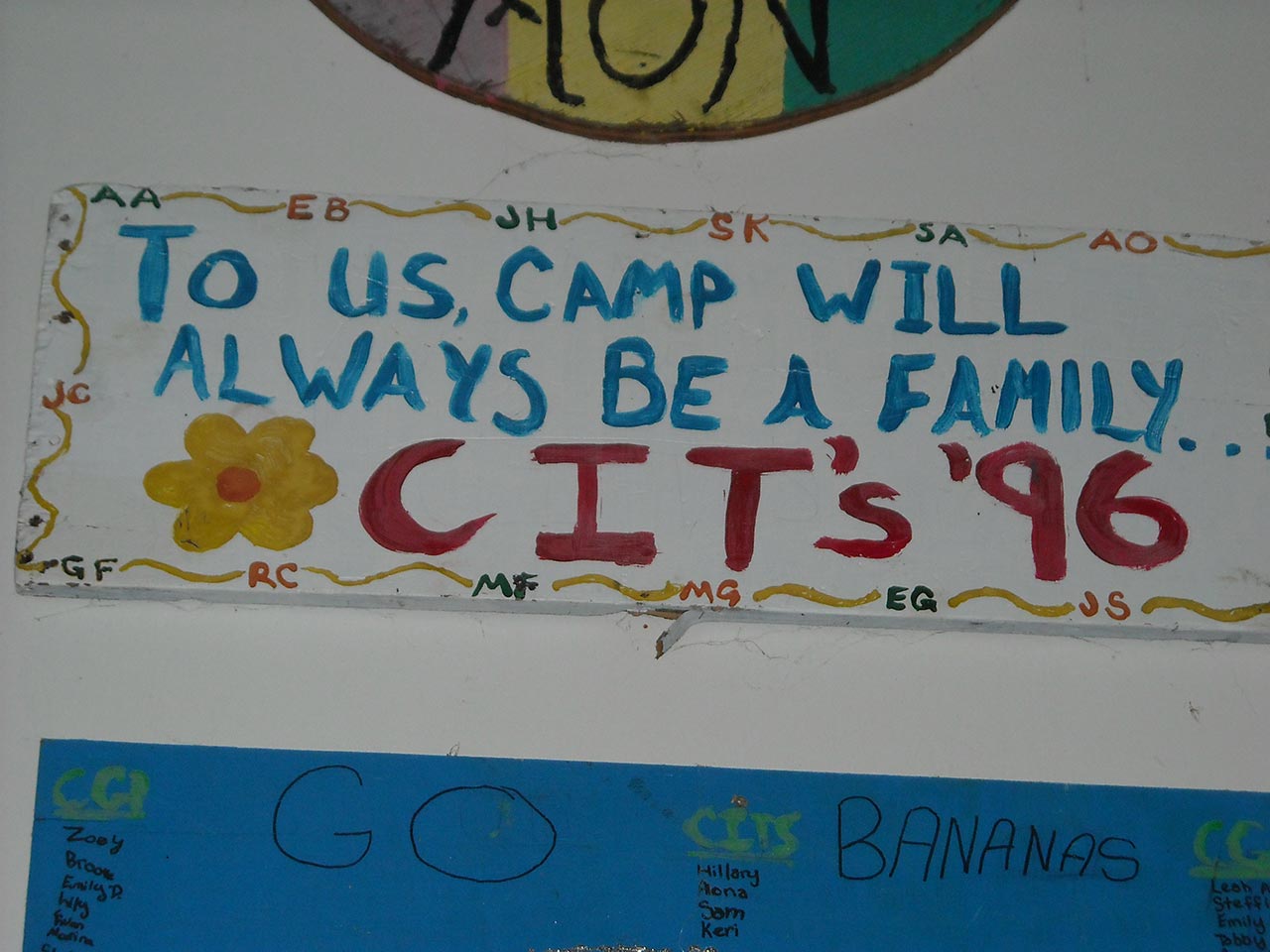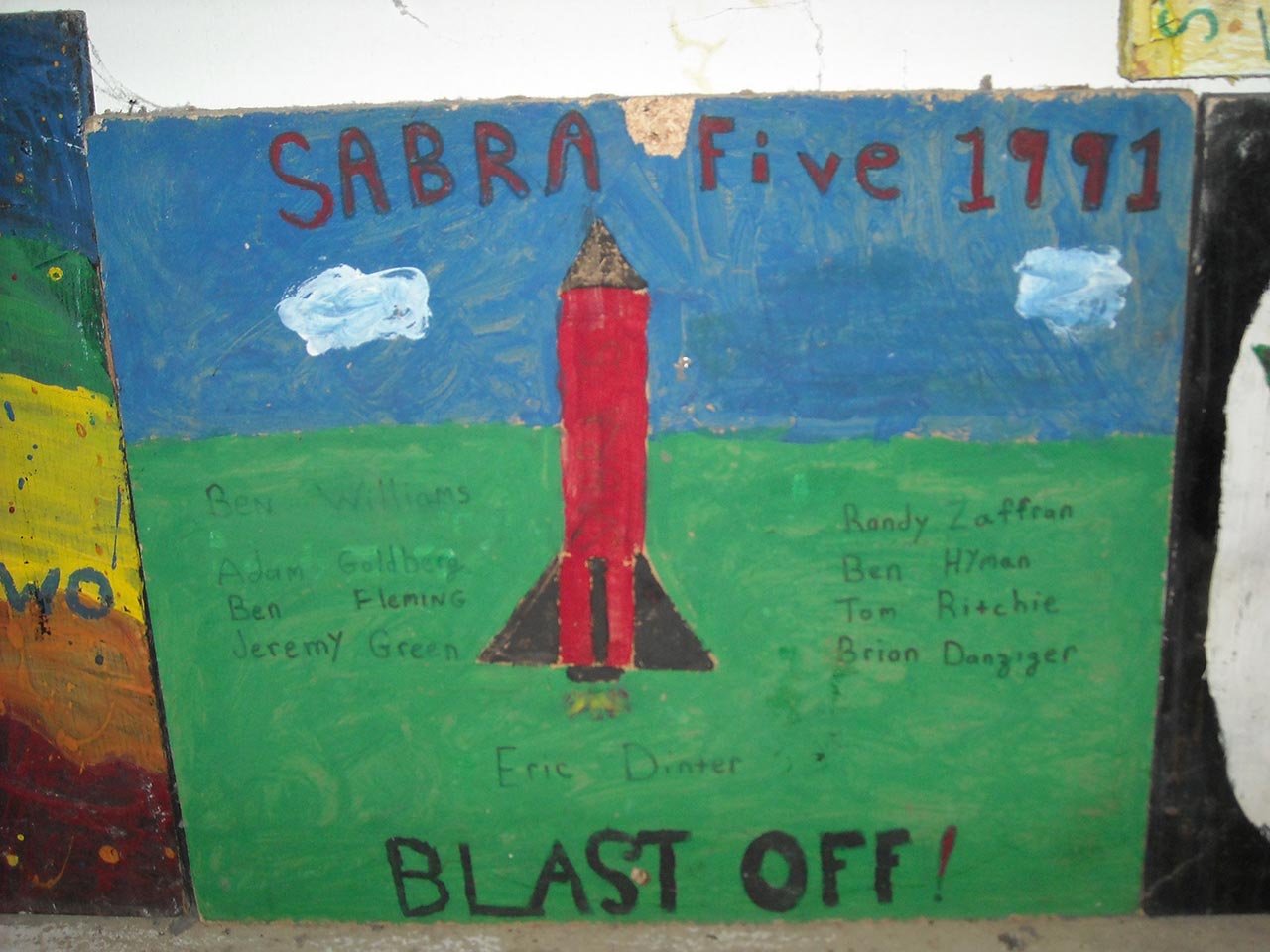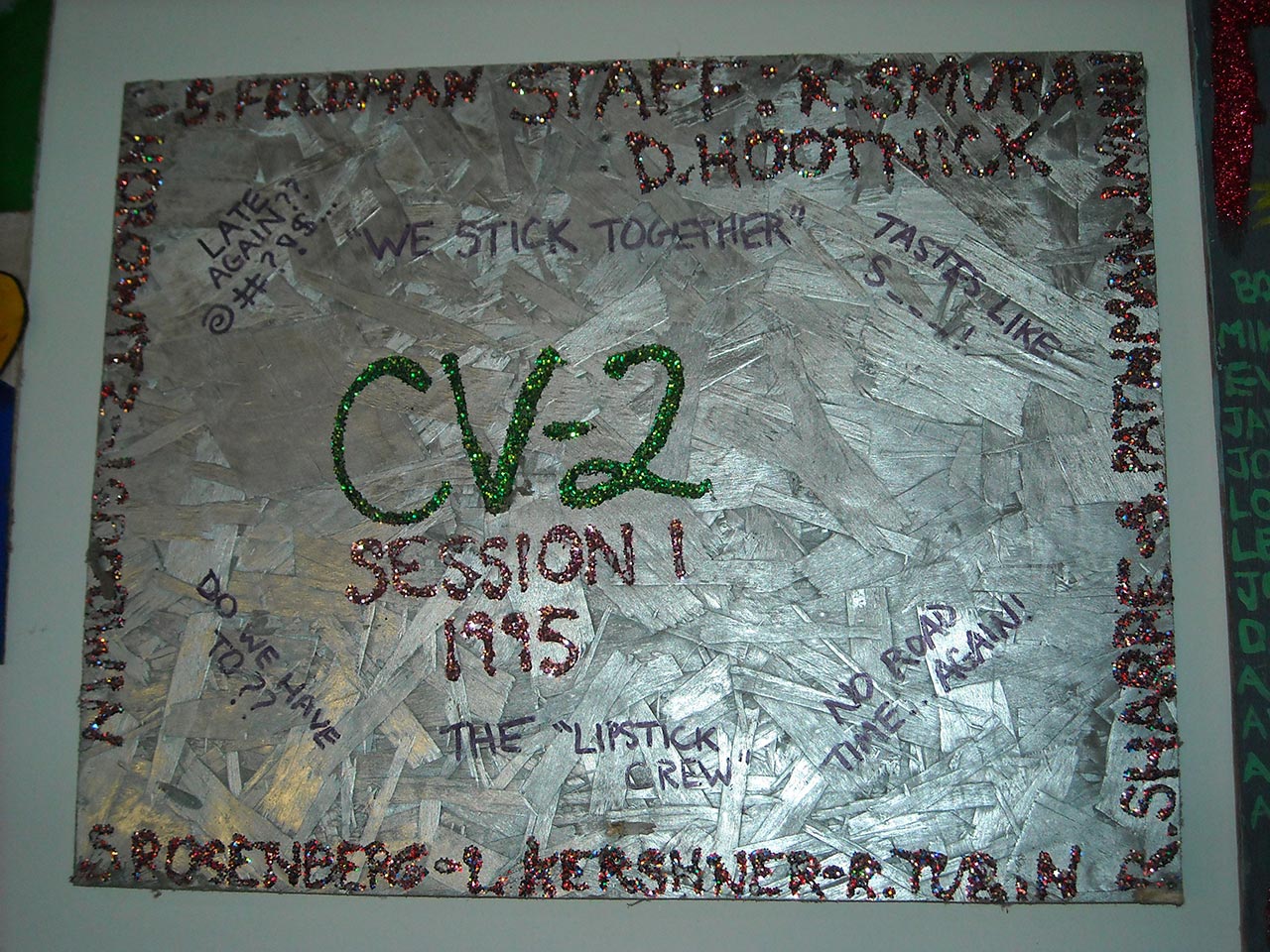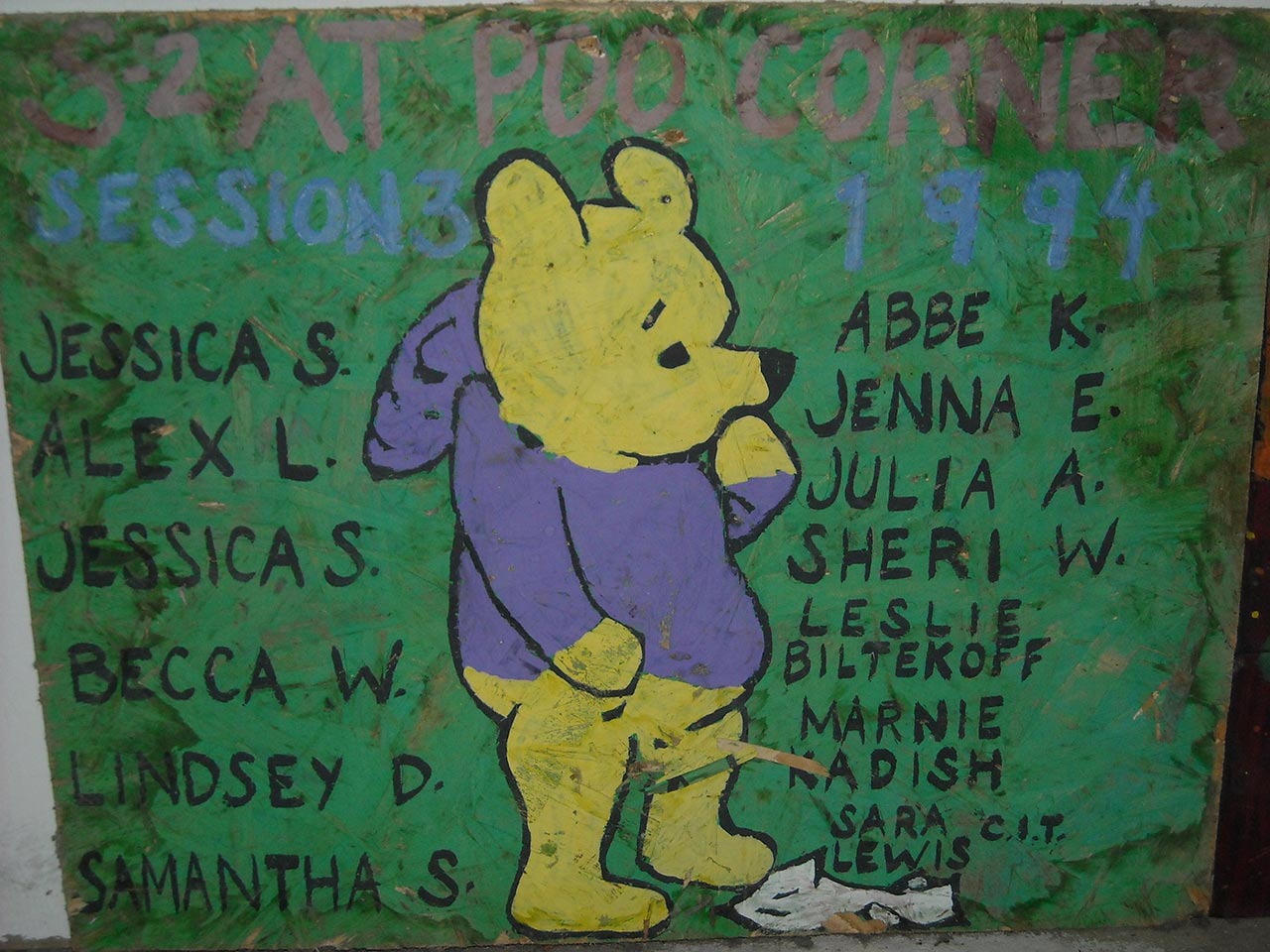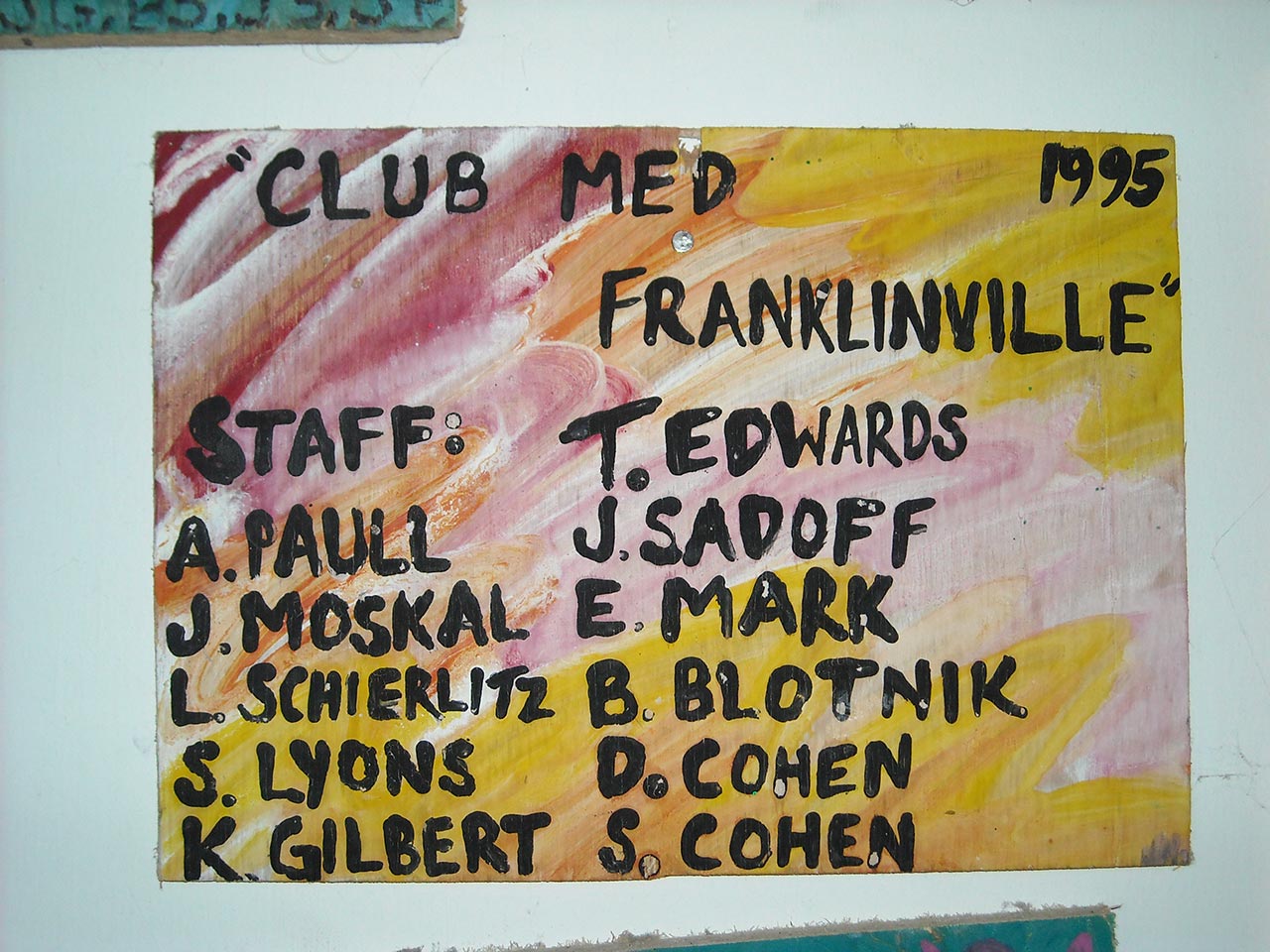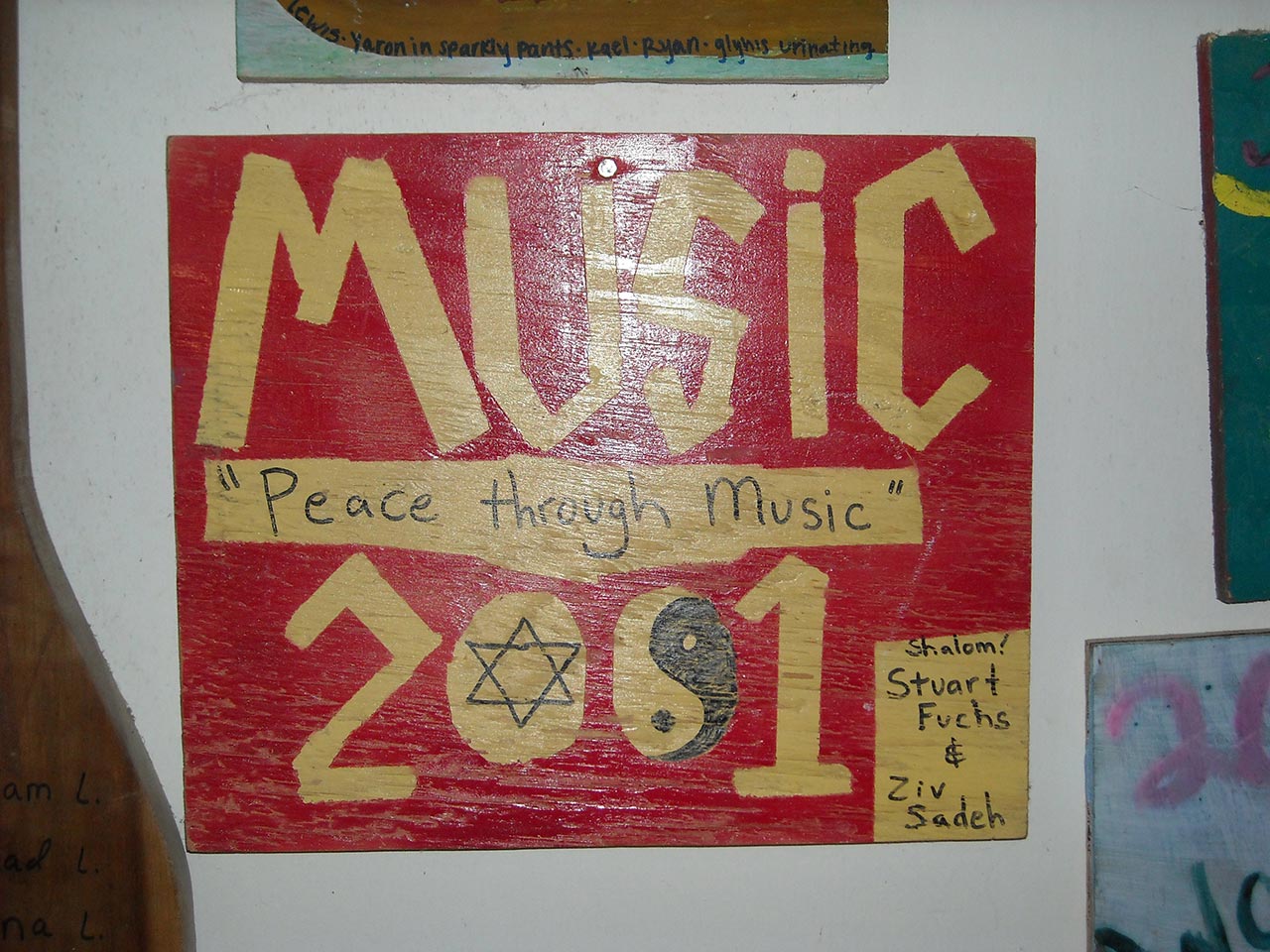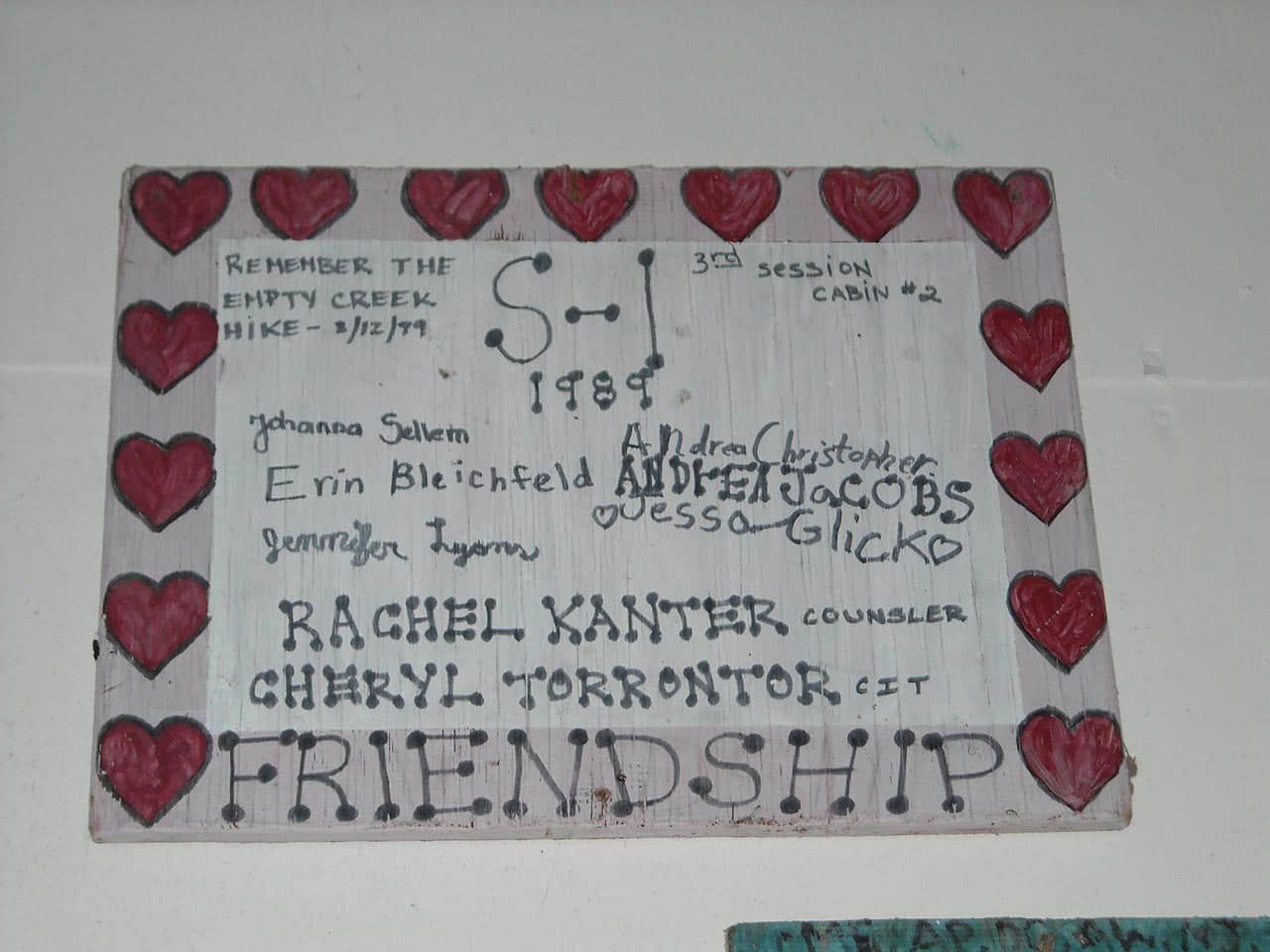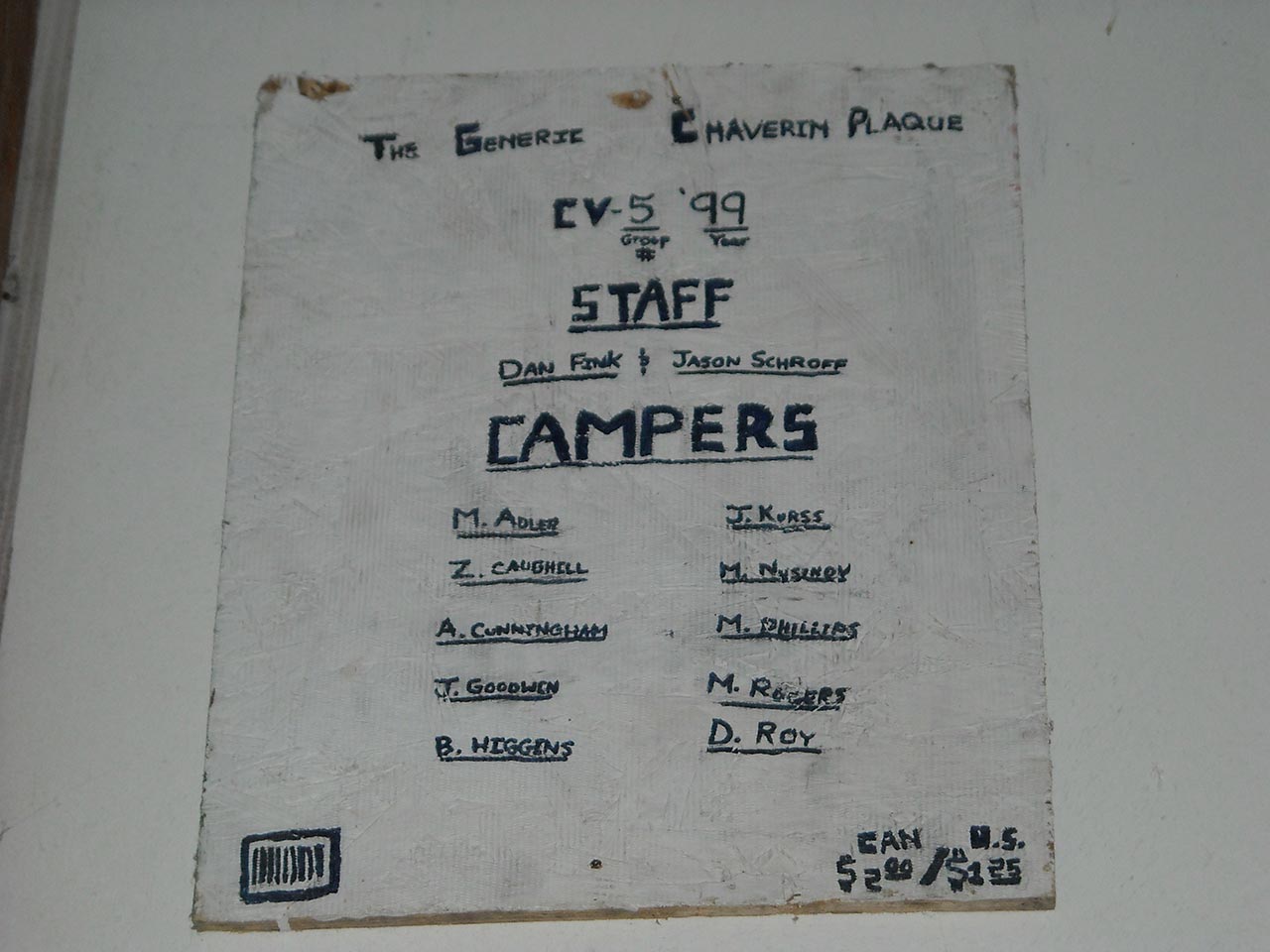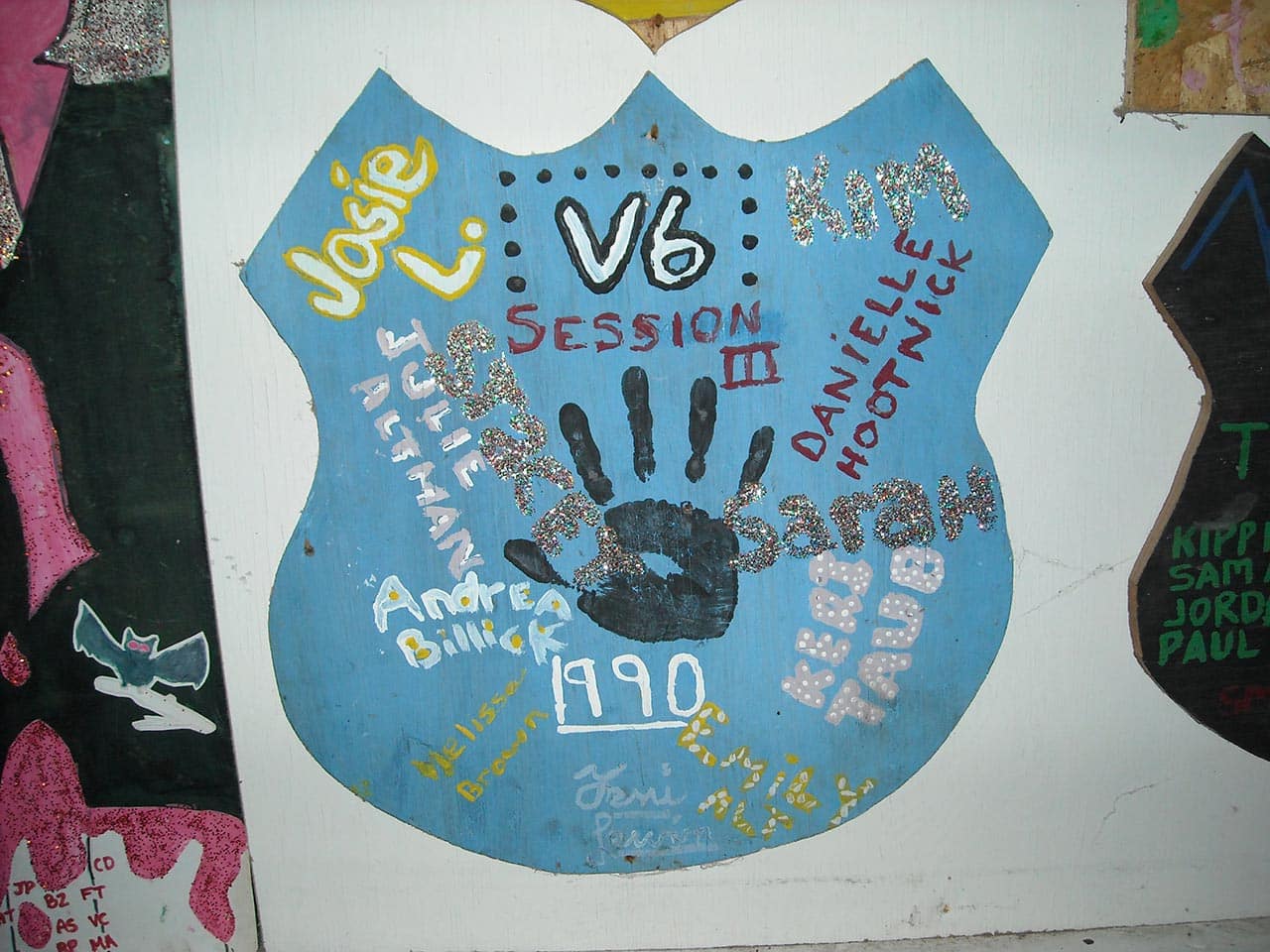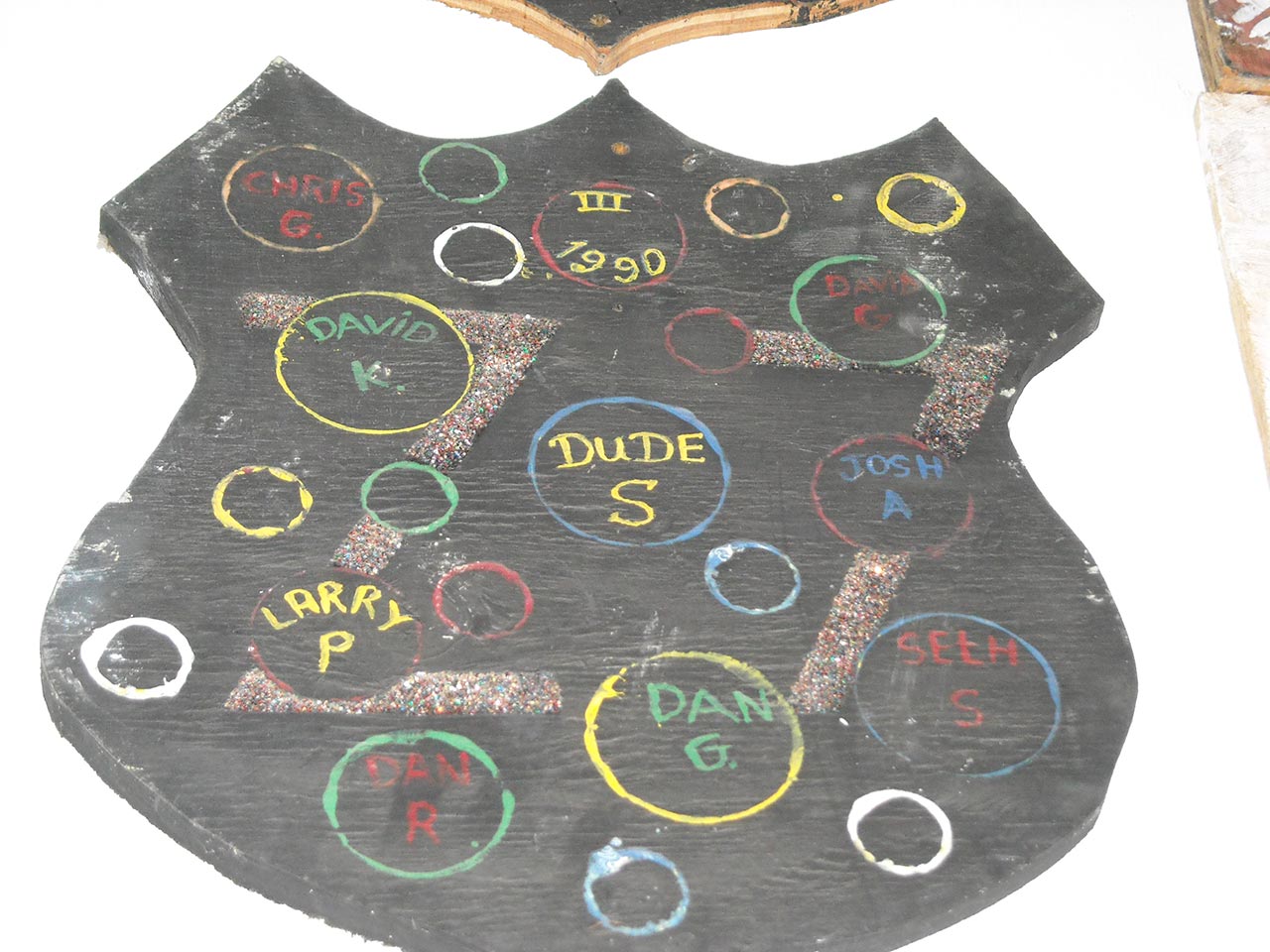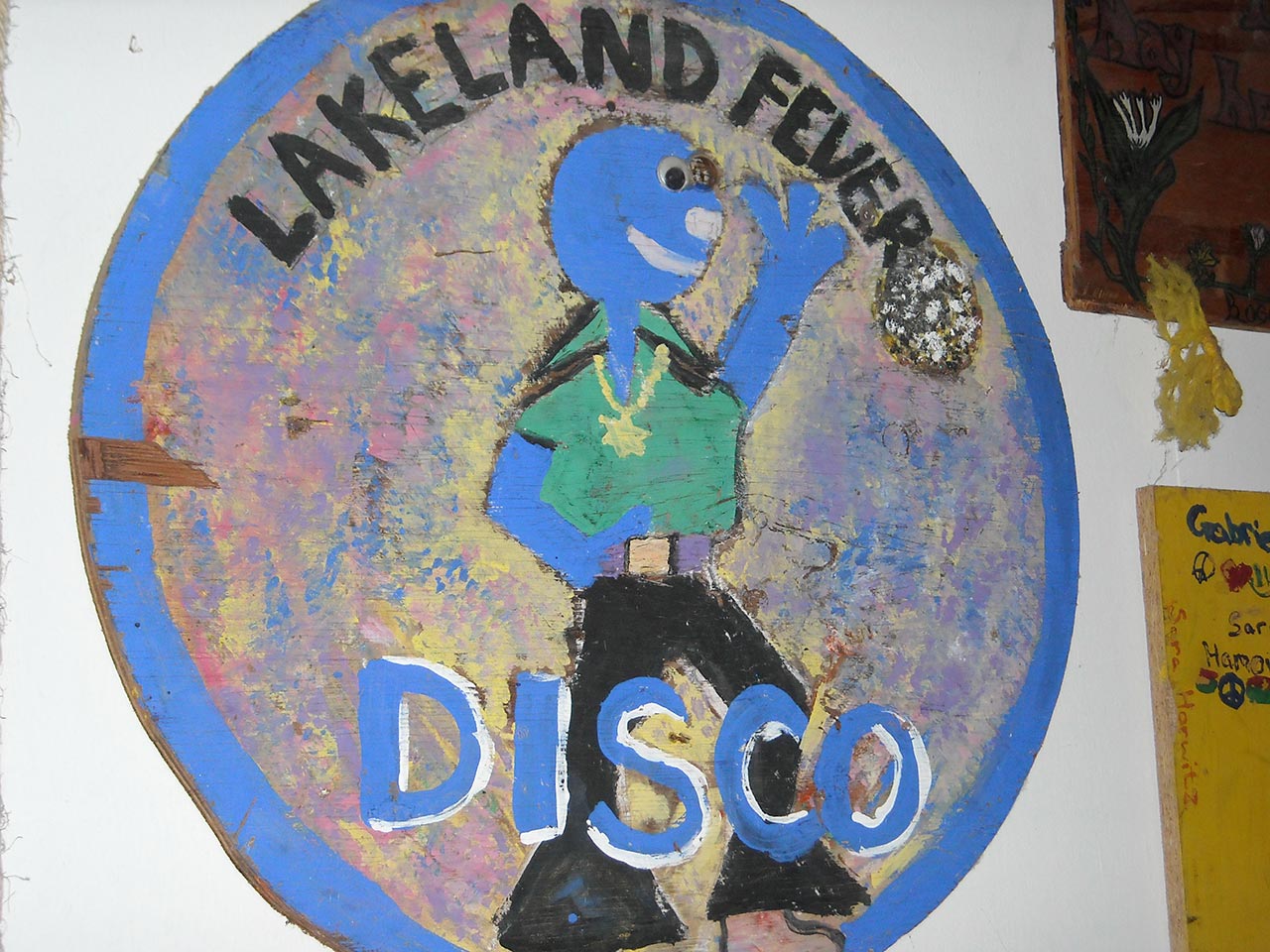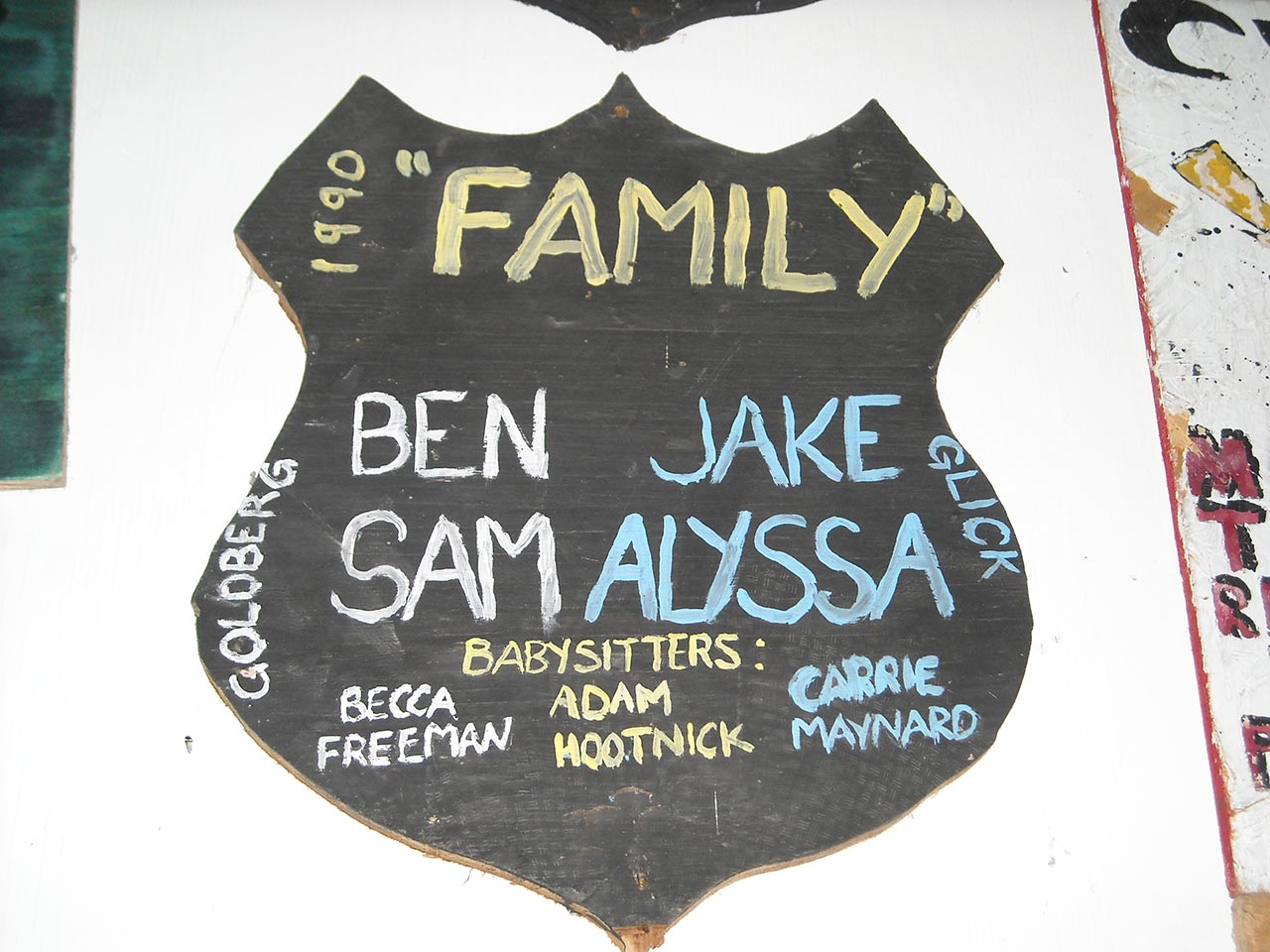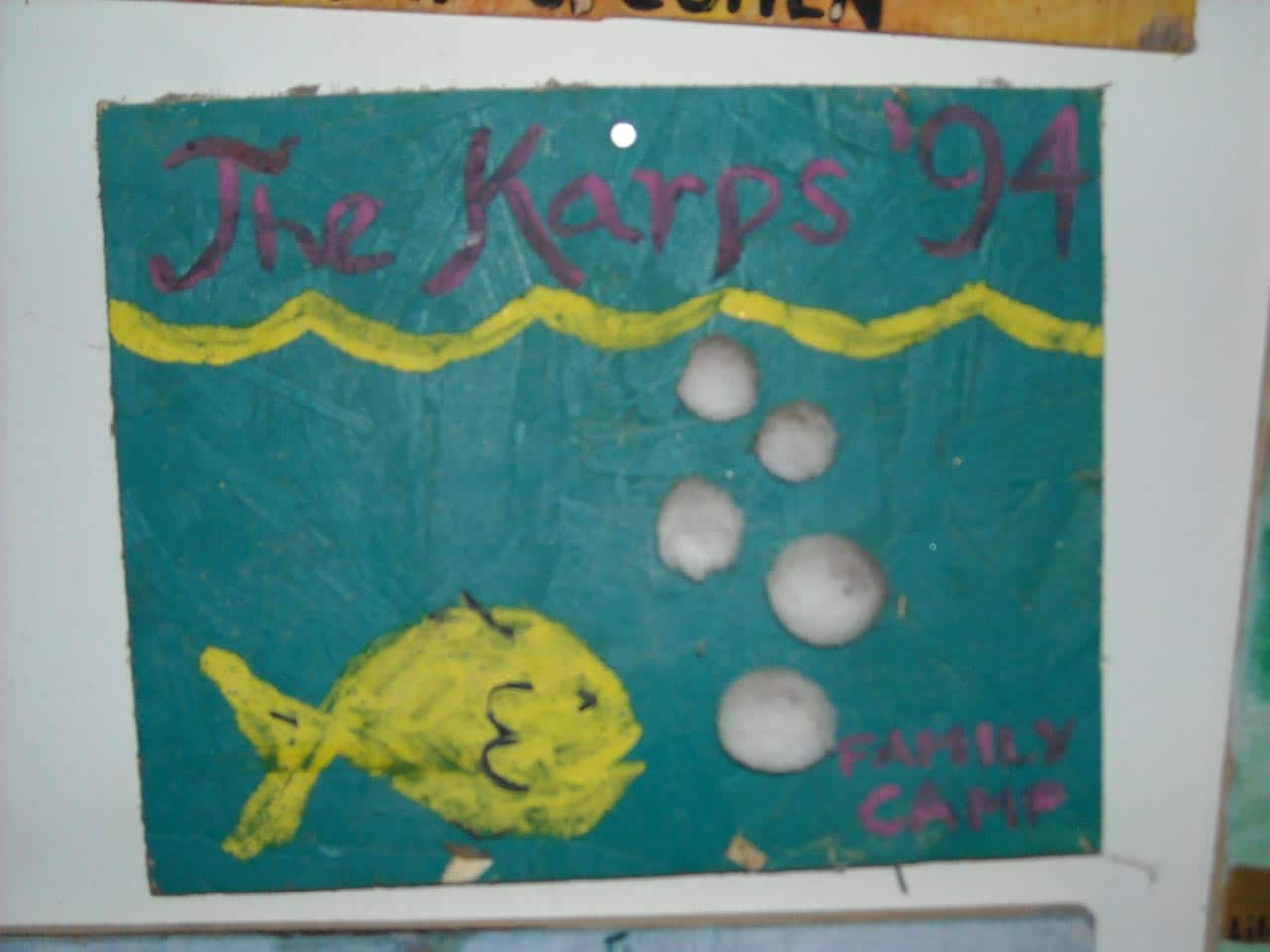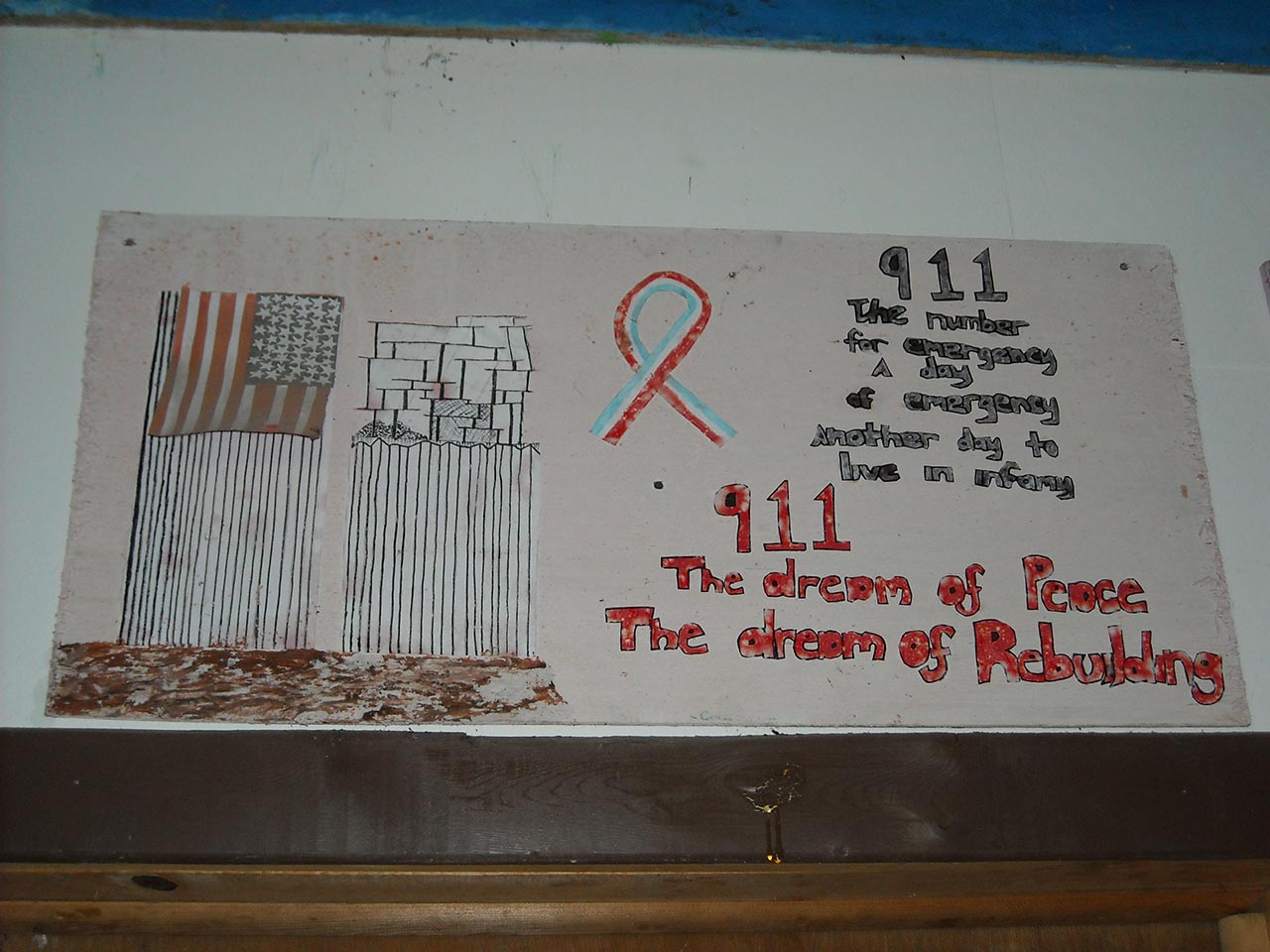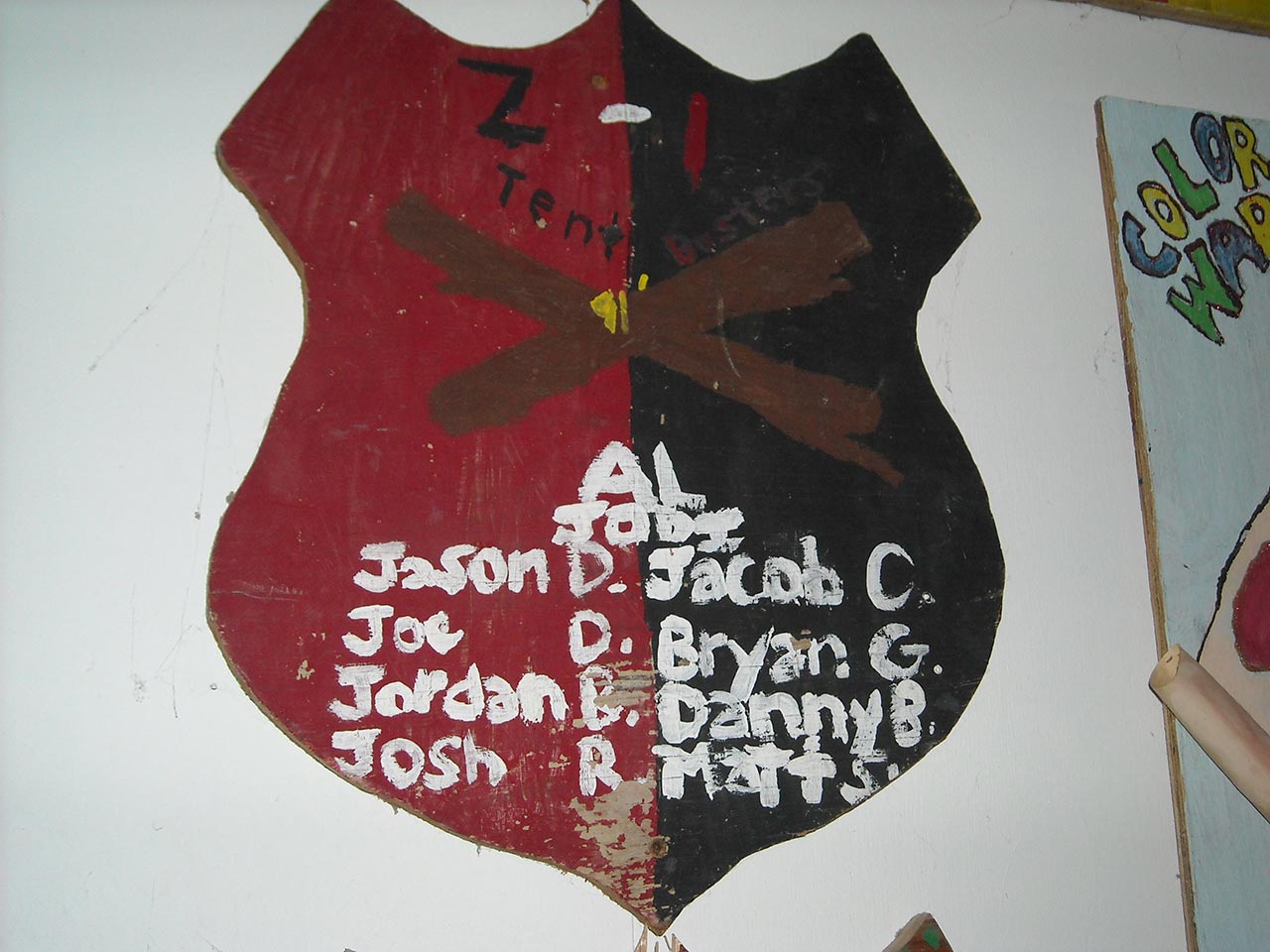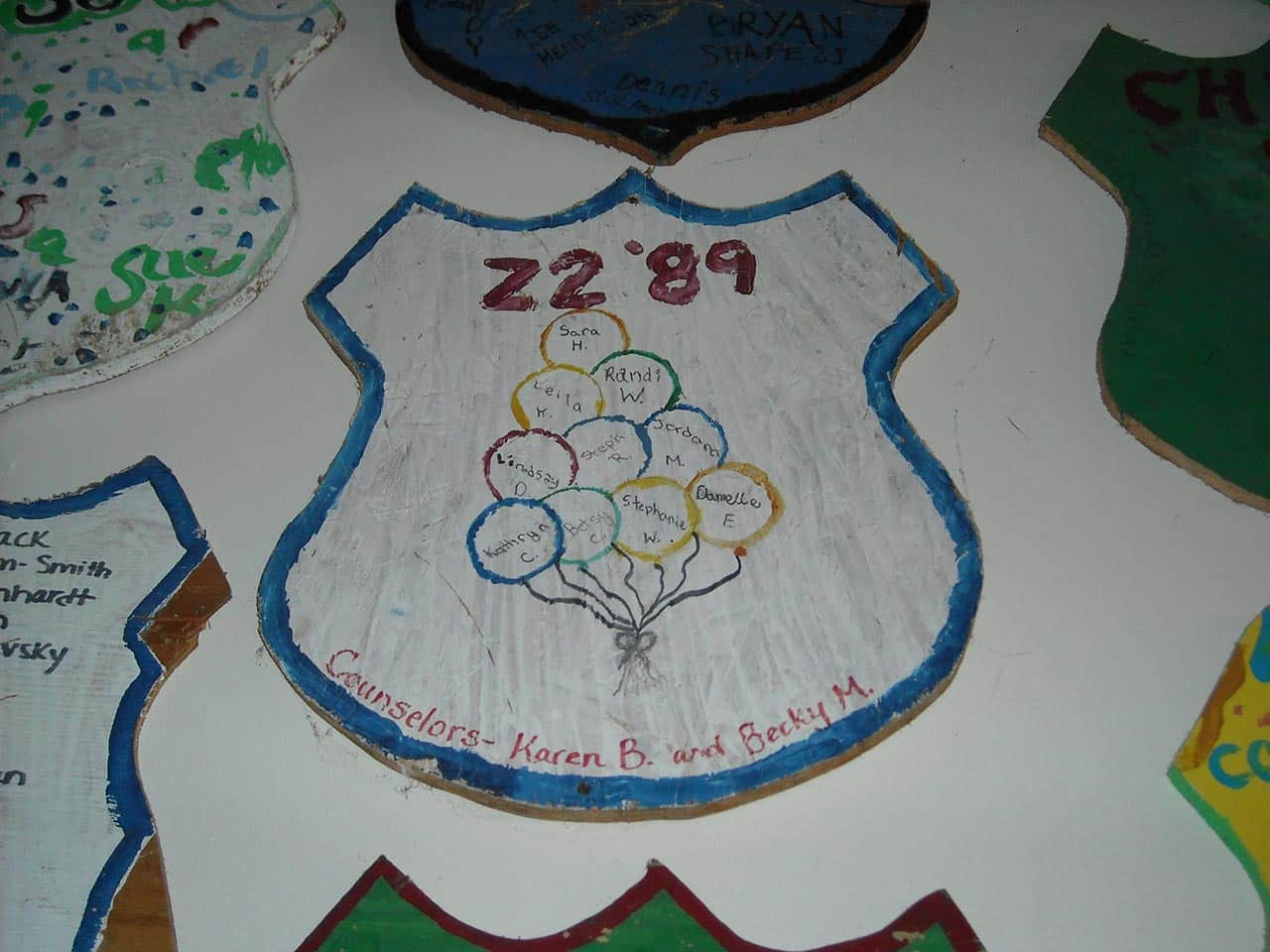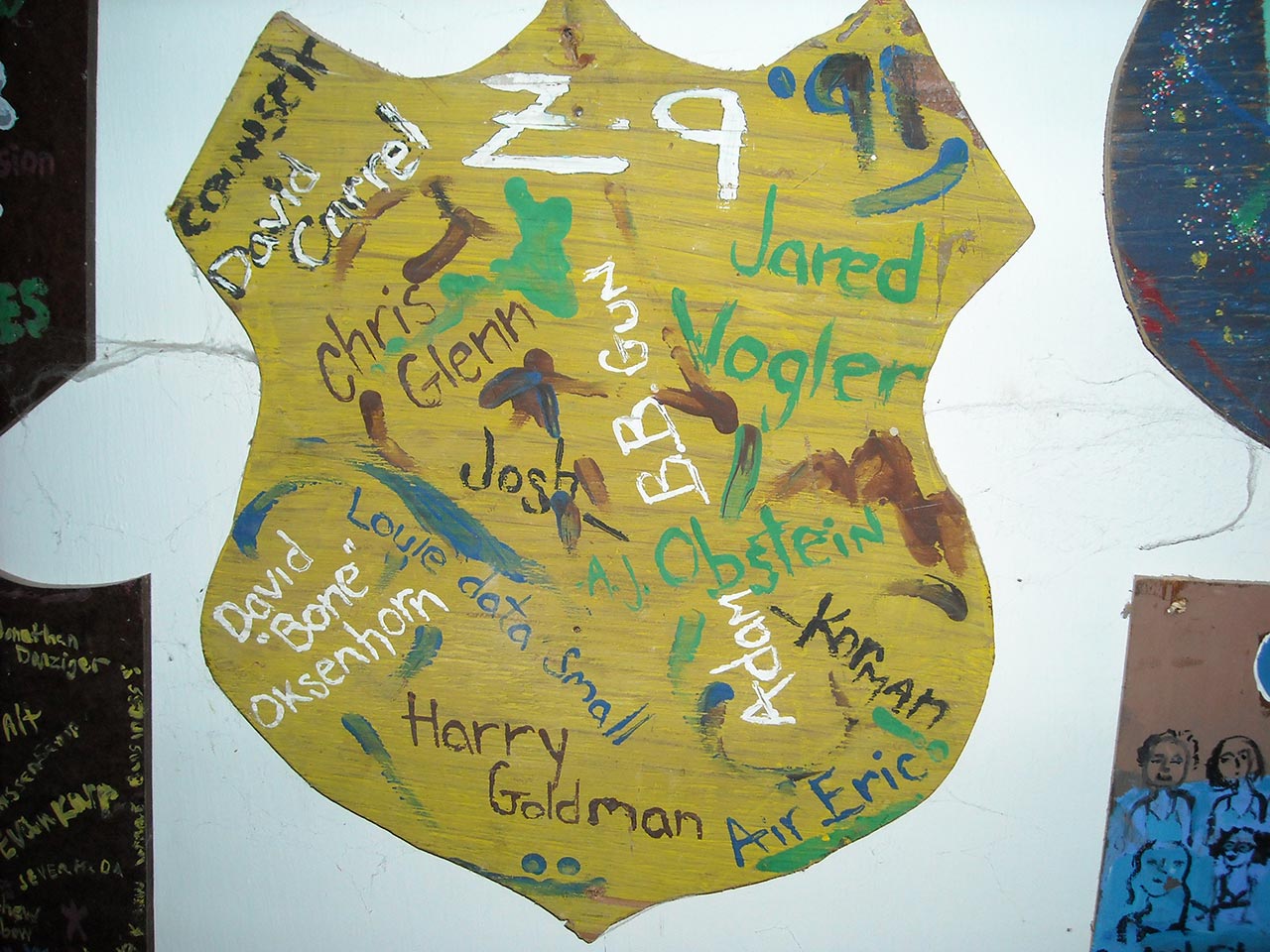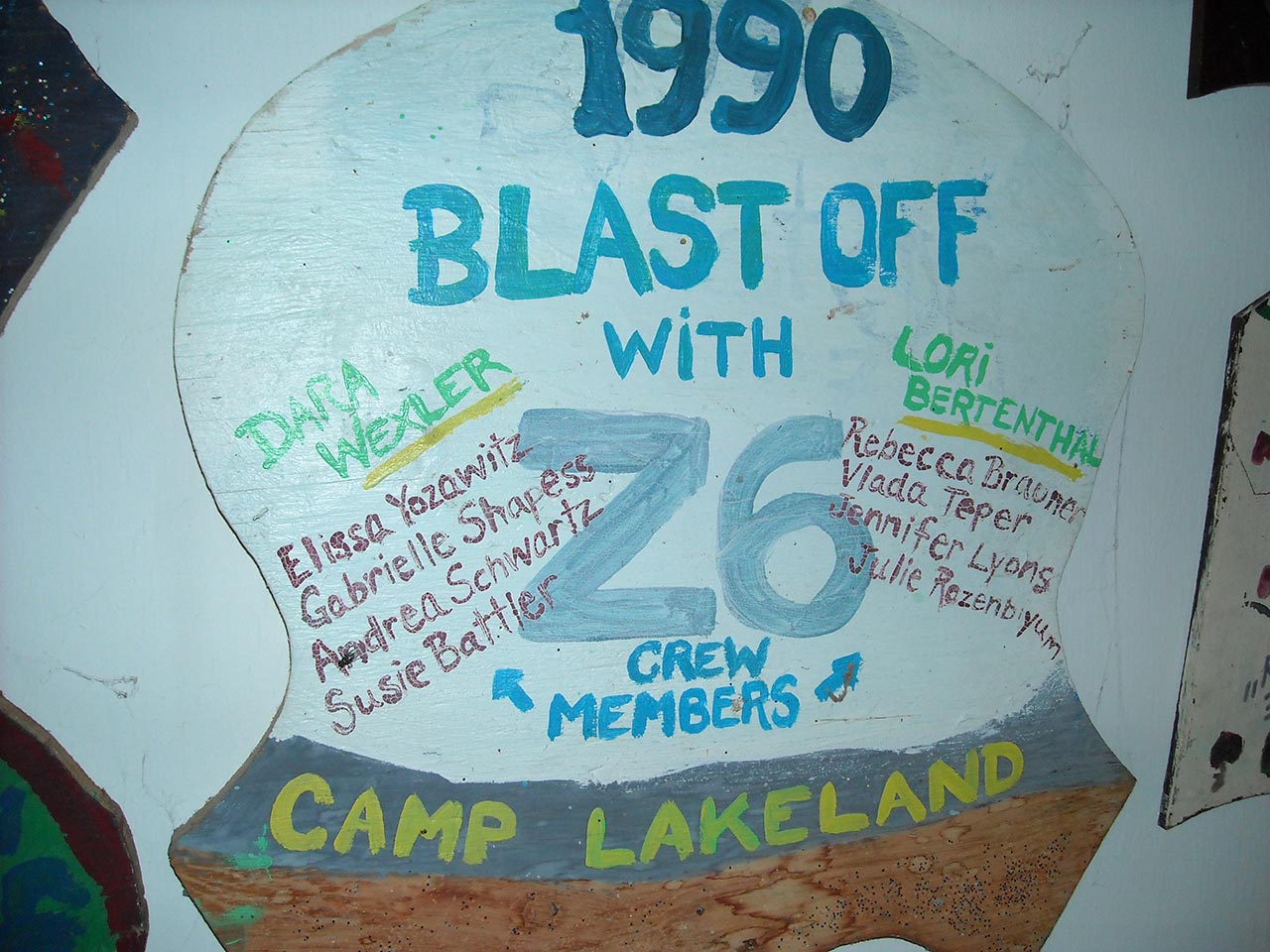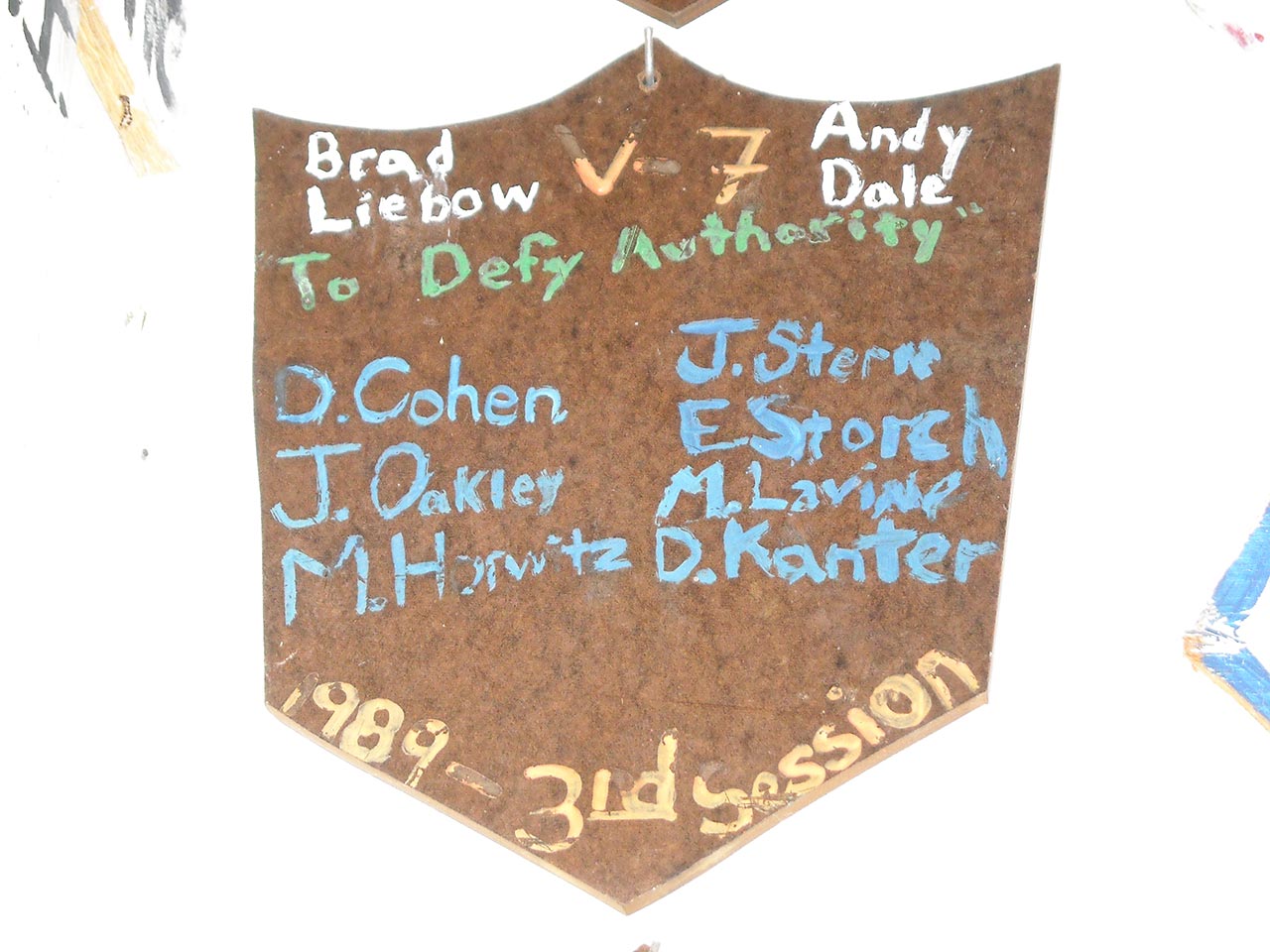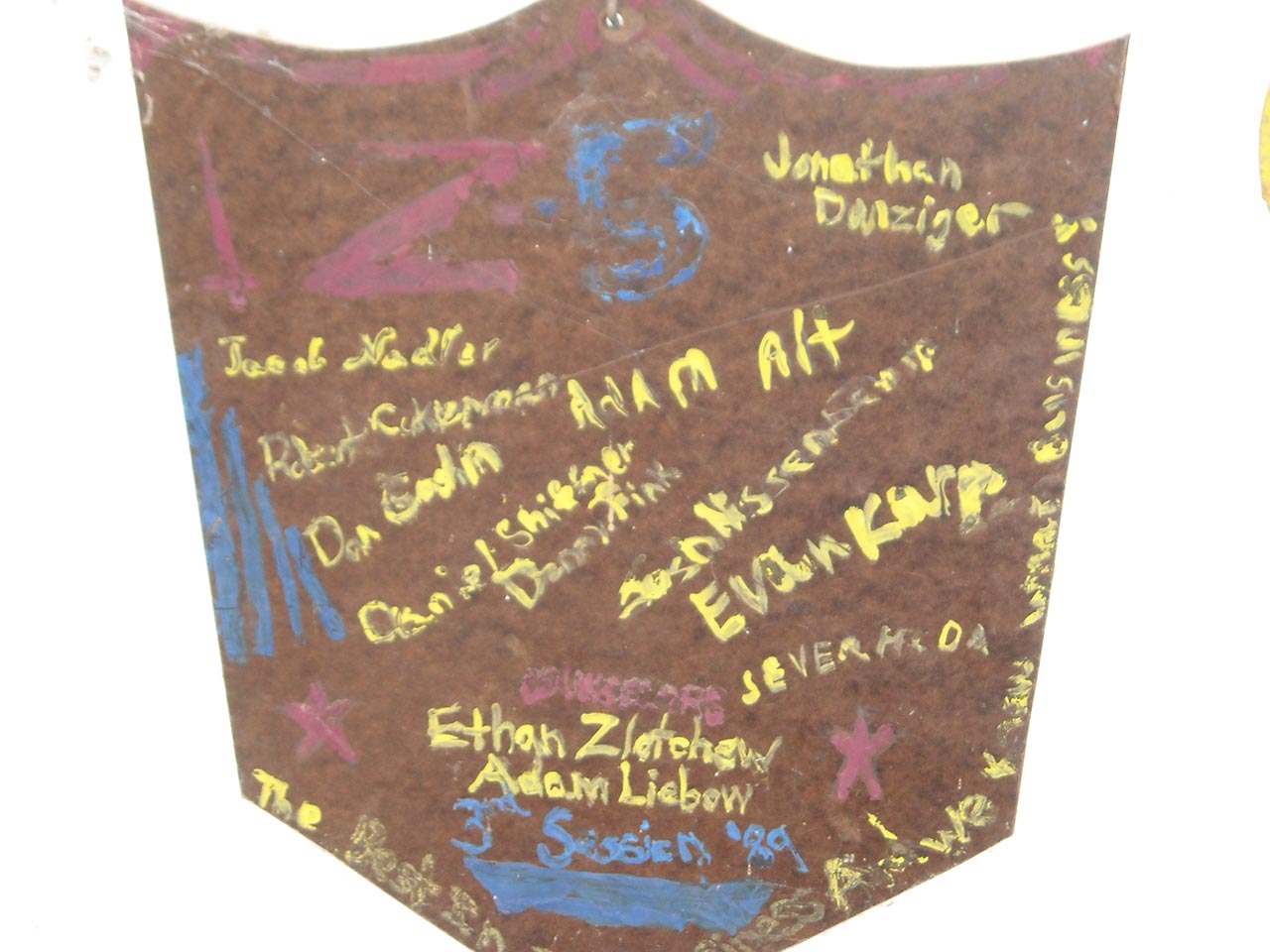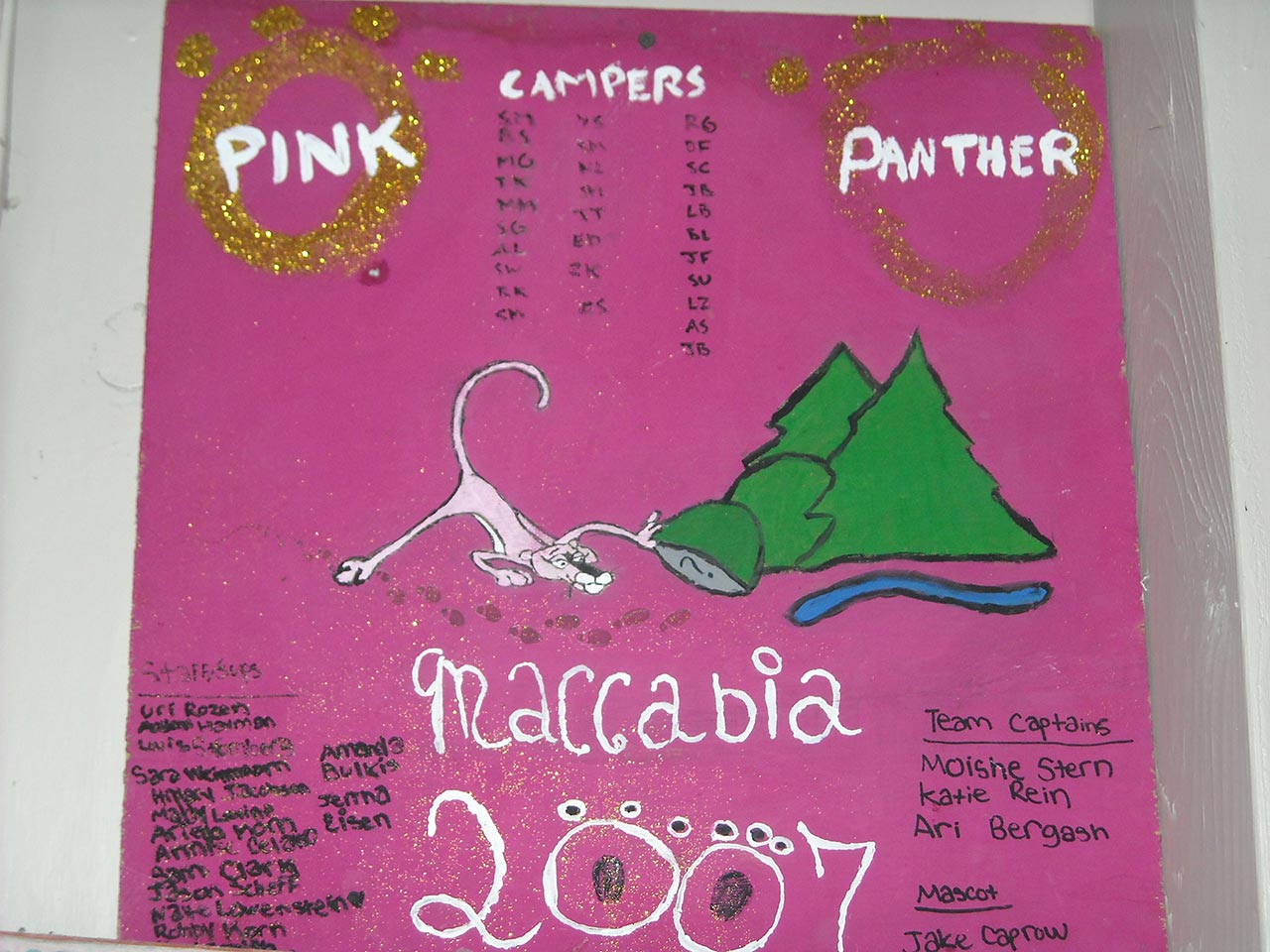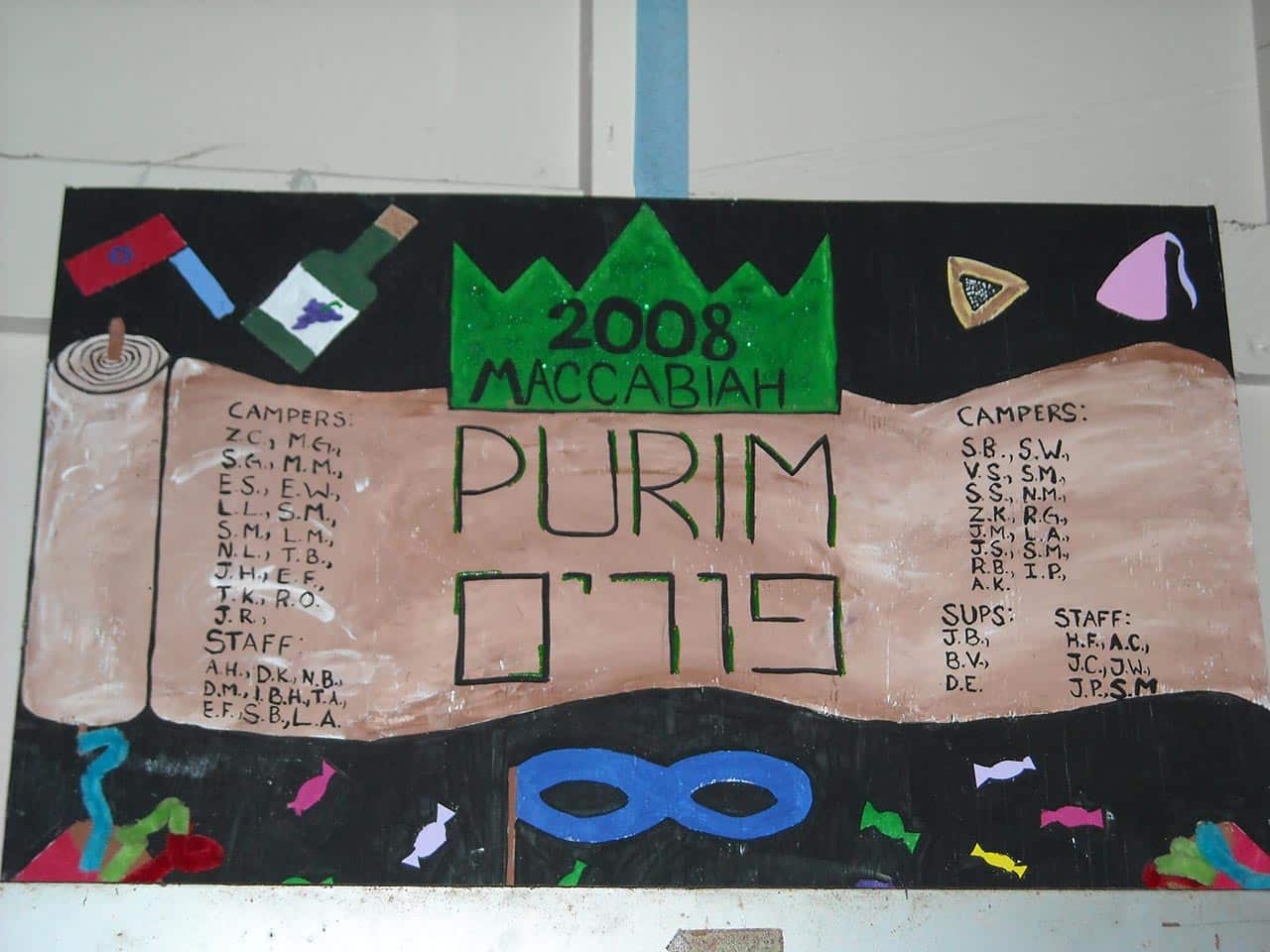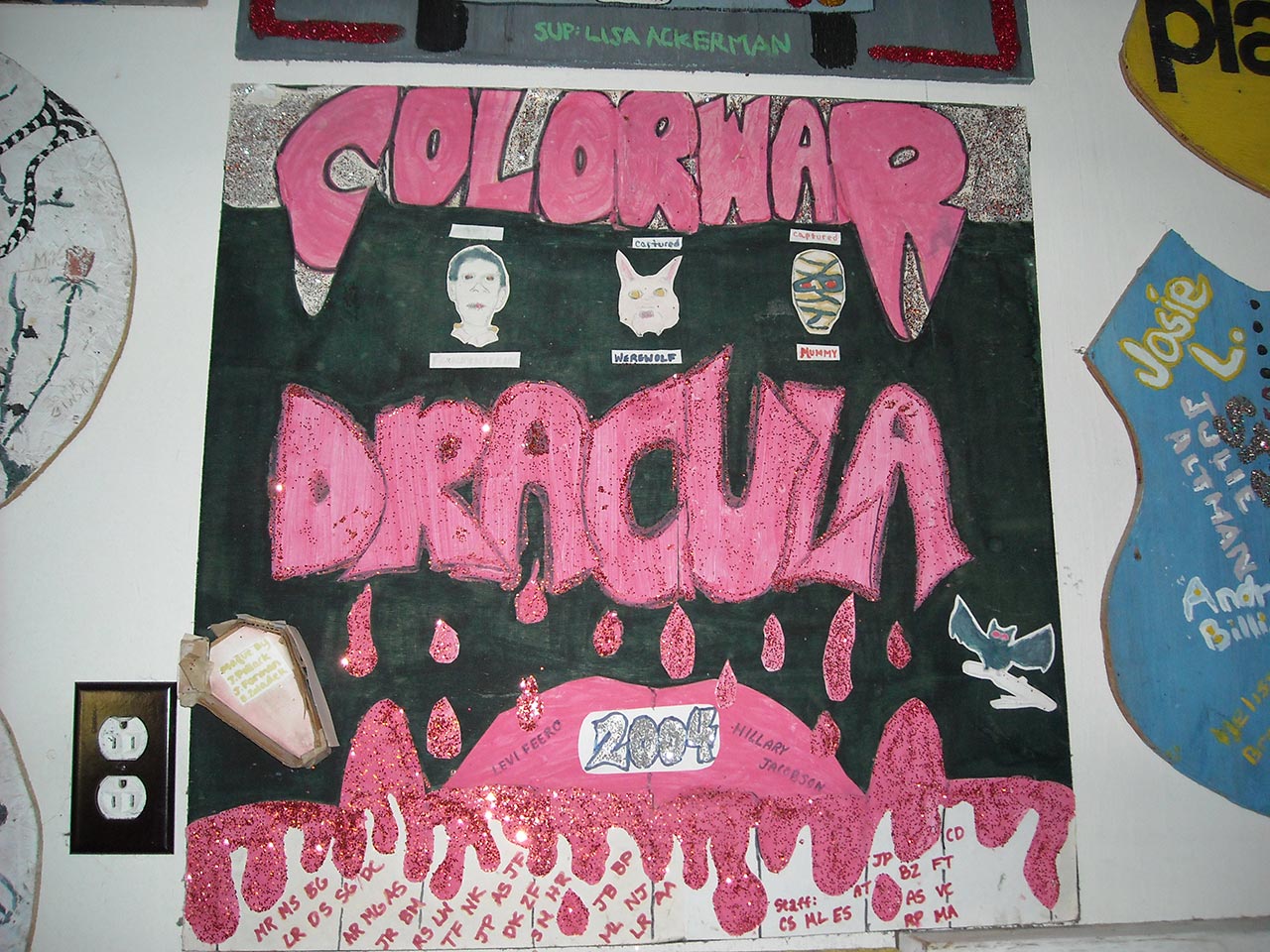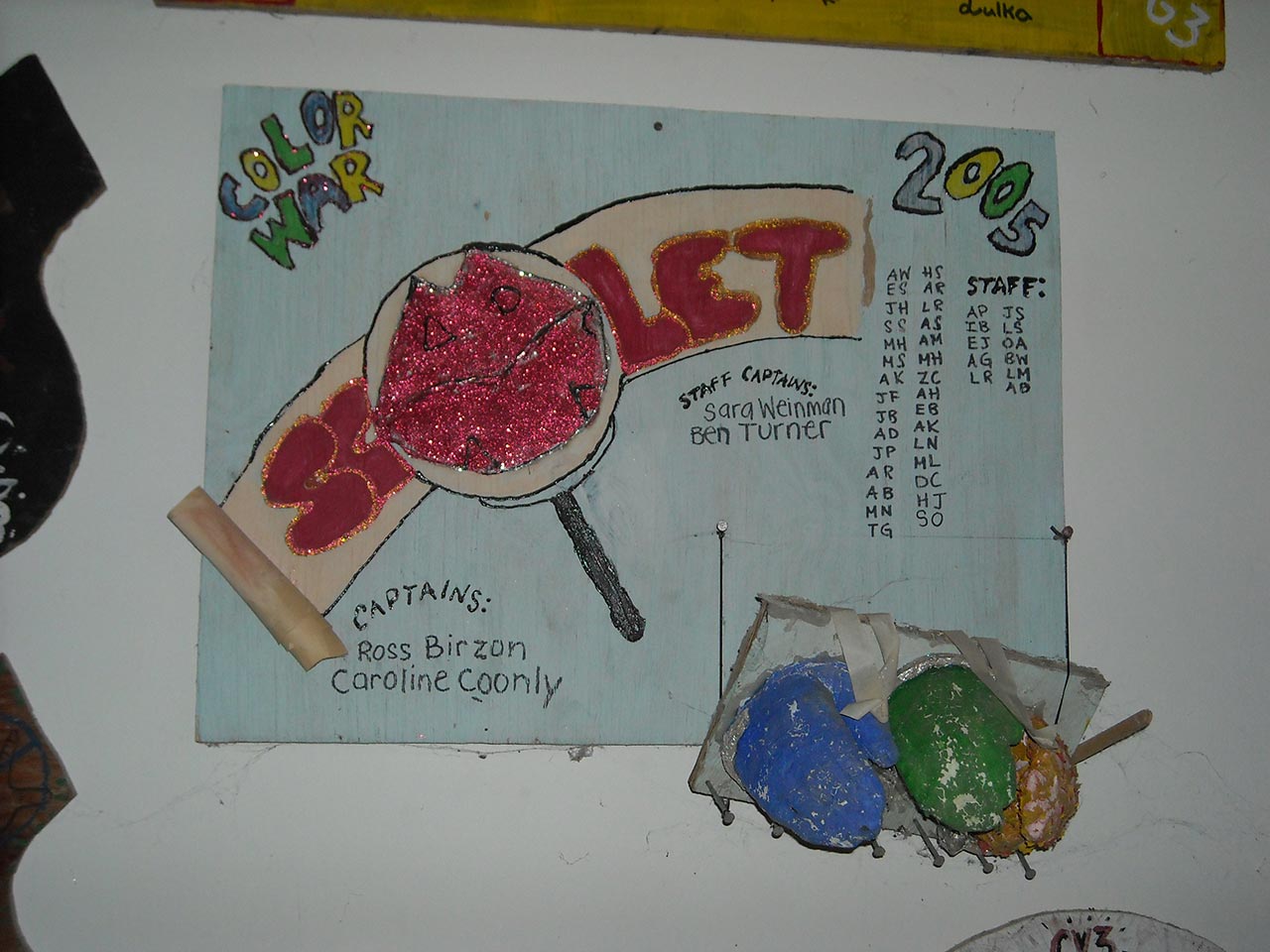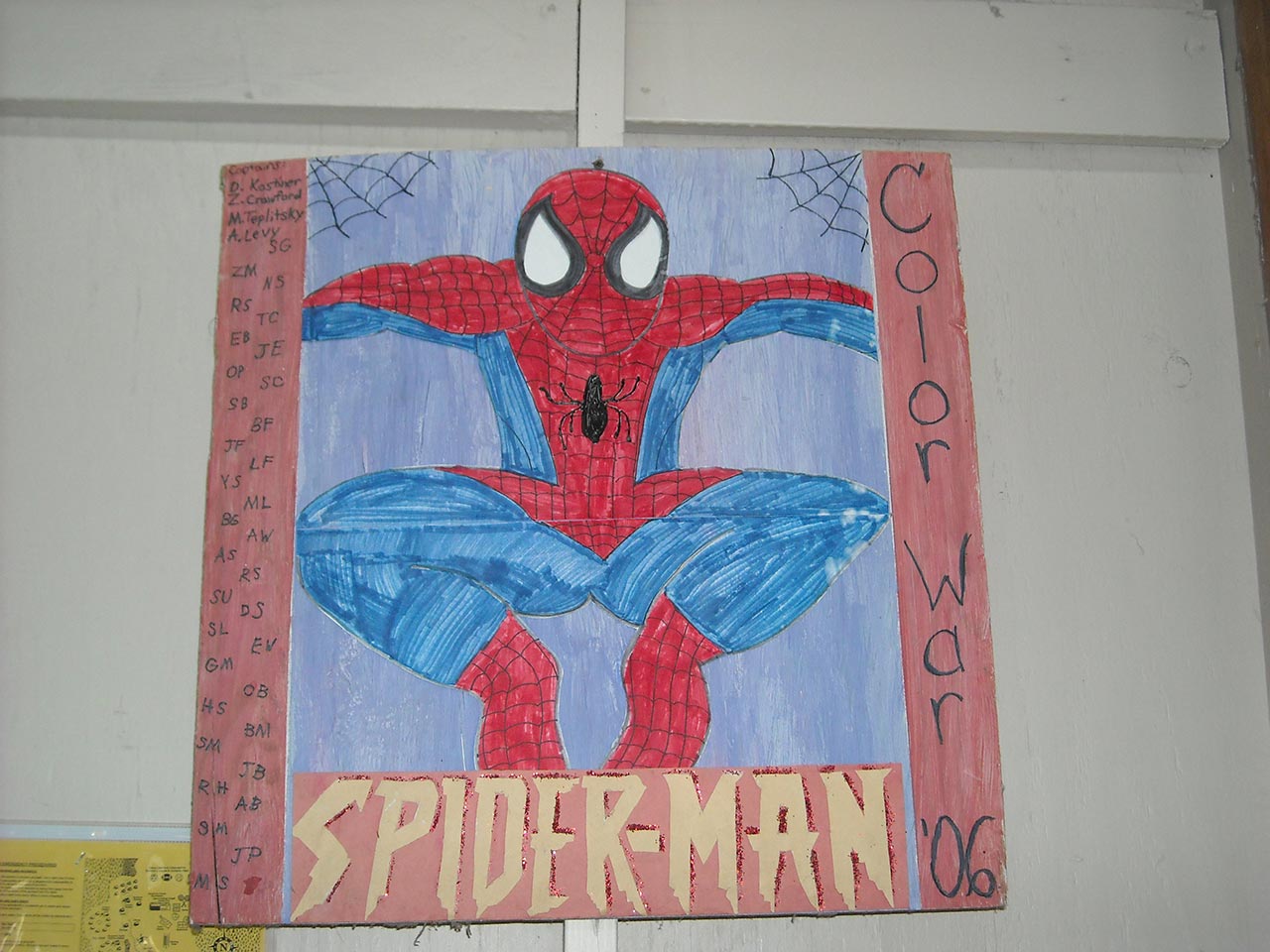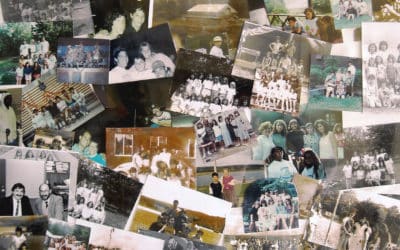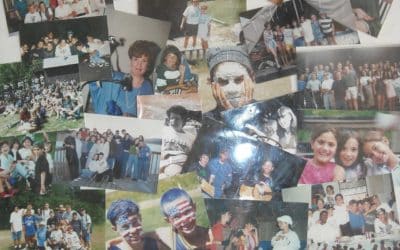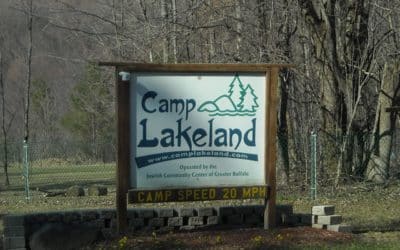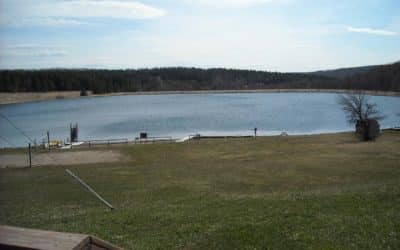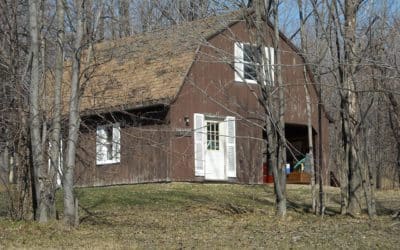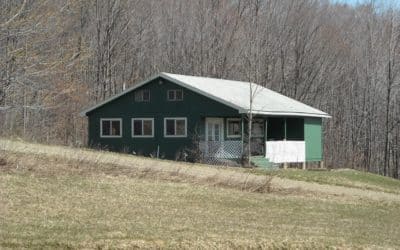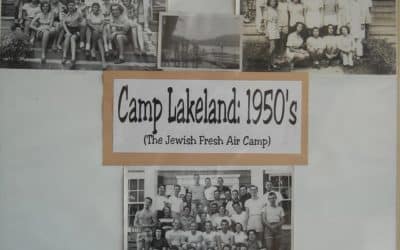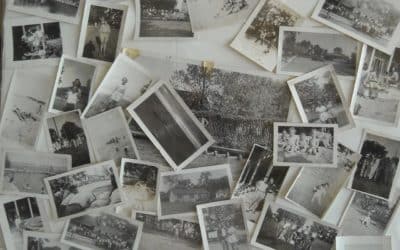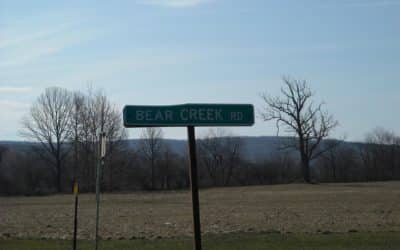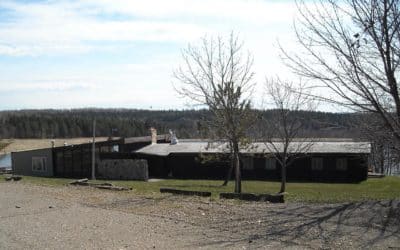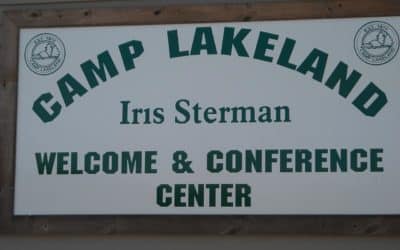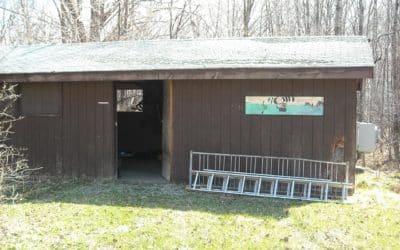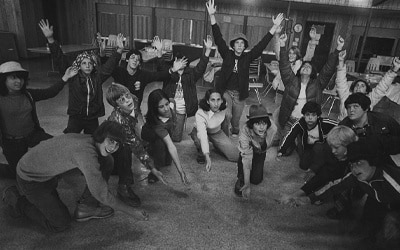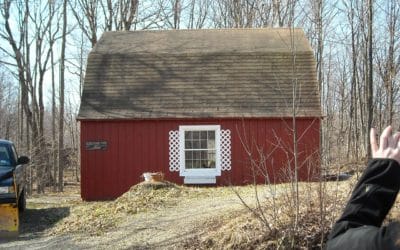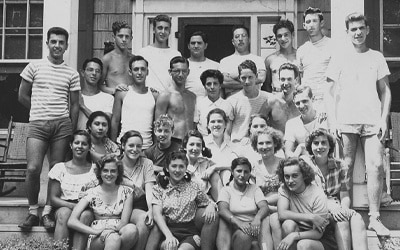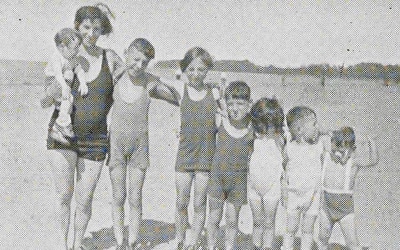Agencies /
Jewish Community Center /
Jewish Fresh Air Camp and Camp Lakeland
Overview
Camp Lakeland opened as the Jewish Fresh Air Camp in 1910 under the auspices of the Young Women’s Jewish Benevolent Society. In the earliest days of the camp, this all volunteer society took ten to fifteen needy children to a “Fresh Air Camp” in Fort Erie on the Canadian lakeshore. Following its success, a formal Fresh Air Camp was established in Angola, New York in 1914 with the gift of thirteen acres of land by the Eli David Hofeller family. In order to go to the camp, families registered their children at the Jewish Community Building and were given free medical exams to determine their length of stay from two weeks to a month. The camp aimed to “get poor children off the hot city streets and into the country for two weeks,” and management of the camp was underpinned by a social welfare philosophy. It sought to instill “sound morals” as well as to create “sound bodies” with a schedule of physical activity, drills and gendered skills development (handicrafts for the girls, and scouting for the boys). Jewish practice or programming with Jewish content was secondary to transforming children health and fully Americanizing them. This last emphasis was an especially prevalent philosophy in the camp’s early years when many of the children were from Jewish immigrants backgrounds or immigrants themselves. By the 1920s, three hundred children attended the camp split over three separate sessions: one for boys and another for girls and in the last session of the season, 140 mothers and babies stayed at the camp in the two weeks running up to Labor Day. The camp was free to the families that used it for them and their children.
In 1937 as part of a community wide effort begun in the 1920s to coordinate independent entities into the Jewish Federation, the Jewish Fresh Air Camp became part of the Federation. In 1945, with the help of Jewish Federation, an additional 120 acres was purchased for the expansion of the camp at its site in Angola, NY. With its social welfare emphasis a relic of historical practice, the Jewish Fresh Air Camp changed its name to Camp Lakeland, and in the early 1950’s it became co-educational, dispensing with the separate tracks for boys and girls.
The postwar period brought other changes. Greater emphasis was placed on developing the “total” child and as economic conditions for Jewish families improved and as the costs of operating camp rose, fees schedules were established based on income. Those who could do so paid a top fee; those who could not, were given an adjusted fee upon request that was means tested. By the mid-1950’s, Lakeland outgrew its Angola home and with the aid of the United Jewish Federation and the National Jewish Welfare Board, initiated a search for a new camp site. Still a part of the United Jewish Federation, the volunteer led Camp Lakeland Association Board of 27 Jewish women and a Volunteer Advisory Board of 37 men, continued to set camp policy. They also raised funds for scholarship campers, solicited contributions, and donated money for buildings, program supplies and camp equipment, as well as hiring and overseeing operations. The Association did this by establishing its “Joy Fund,” later renamed “Gift Fund.” At its height, the Camp Lakeland Association had over 700 members who paid annual dues.
With the Angola, NY site offering little opportunity for further expansion, in 1961, a 733-acre site was purchased at Franklinville, Cattaraugus County, New York. Plans for the move from the now urban Angola site to the rural Franklinville began. It took several years, and multiple fundraising campaigns until the new camp opened in the summer of 1970. By then, Camp Lakeland was in its sixtieth season of operation. The new camper program was formulated with changing concepts in the field of summer camping that included leisure and recreation at its forefront. The camp at Angola was sold to the New York State Department of Mental Hygiene.
In 1974, Camp Lakeland became part of the Jewish Center of Greater Buffalo and the total operation of the camp moved under the auspices of the Jewish Community Center and its Camp Committee. The Camp Lakeland Association remained active despite this merger, continuing as the Camp’s fundraising arm. Outdoor activities, swimming, drama, arts and crafts, Jewish study and Sabbath services, as well as weekend camping trips, and nature lessons were part of a range of activities and experiences offered at the camp. Changing demographics within the Jewish community in Greater Buffalo during the 2000s, however, general rising costs, and changes in the way in which children and youth spent the summer months, led to the closing of Camp Lakeland site in 2009. The Camp Lakeland Association continues its fundraising function, by providing scholarships for Jewish campers from the Buffalo area to attend Camp Seneca Lake, the Rochester area Jewish Community Camp, located just outside of Rochester, NY.
Gallery
1980s Collage of Camp Lakeland, Camp Lakeland, 2009. Courtesy Jill Komm.
1980s Collage of Camp Lakeland, Camp Lakeland, 2009
Camp Lakeland, Franklinville, NY. circa 1980s, Photographer unknown.
Camp Lakeland, Franklinville, NY, c. 1980s
A scene from the lake in the 1980s looking back to the old dinning room, before the new Joe House was built in the 1990s.
1990s Collage of Lakeland, Camp Lakeland, 2009. Courtesy Jill Komm.
1990s Collage of Lakeland, Camp Lakeland, 2009
Welcome sign, Camp Lakeland, 2009. Courtesy Jill Komm.
Welcome sign, Camp Lakeland, 2009
Lake view, Camp Lakeland, 2009. Courtesy Jill Komm.
Lake view, Camp Lakeland, 2009
Morrison Lodge, Camp Lakeland, 2009. Courtesy Jill Komm.
Morrison Lodge, Camp Lakeland, 2009
Amanut (Arts and Crafts), Camp Lakeland, 2009
Amanut (Arts and Crafts), Camp Lakeland, 2009
1940s and 1950s Collage of Lakeland images, Camp Lakeland, 2009. Courtesy Jill Komm.
1940s and 1950s Collage of Lakeland images, Camp Lakeland, 2009
1930s Collage of Lakeland images, Camp Lakeland, 2009. Courtesy Jill Komm.
1930s Collage of Lakeland images, Camp Lakeland, 2009
Bear Creek Road Sign, Camp Lakeland, 2009. Courtesy Jill Komm.
Bear Creek Road Sign, Camp Lakeland, 2009
Joe House (looking out to setting), Camp Lakeland, 2009. Courtesy Jill Komm.
Joe House (looking out to setting), Camp Lakeland, 2009
Iris Sterman Dedication, Camp Lakeland, 2009. Courtesy Jill Komm.
Iris Sterman Dedication, Camp Lakeland, 2009
Old Girls Washhouse, Camp Lakeland, 2009. Courtesy Jill Komm.
Old Girls Washhouse, Camp Lakeland, 2009
Guys and Dolls, Camp Music, 1970s, MS 204, Jewish Community Center of Greater Buffalo and Summer Camps Records, 1915-2009. Permission of the University Archives, University at Buffalo, The State University of New York.
Guys and Dolls, Camp Music, 1970s
Library, Camp Lakeland, 2009. Courtesy Jill Komm.
Library, Camp Lakeland
Camp Lakeland Counselors, 1947, MS 204, Jewish Community Center of Greater Buffalo and Summer Camps Records, 1915-2009. Permission of the University Archives, University at Buffalo, The State University of New York.
Camp Lakeland Counselors, 1947
Jewish Fresh Air Camp, multipage booklet, p.6. Fresh Air Camp, Jewish Federation for Social Welfare, 1937, MS150.1, Records of the Jewish Federation of Greater Buffalo, 1902-1979. Permission of the University Archives, University at Buffalo, The State University of New York.
Jewish Fresh Air Camp
Discover More
Collection at the University Archives, University at Buffalo, Buffalo, NY
Online collection at NY Heritage
Contribute to this Page
If you have information to share about the history of Jewish Fresh Air Camp and/or Camp Lakeland, please contact us.

